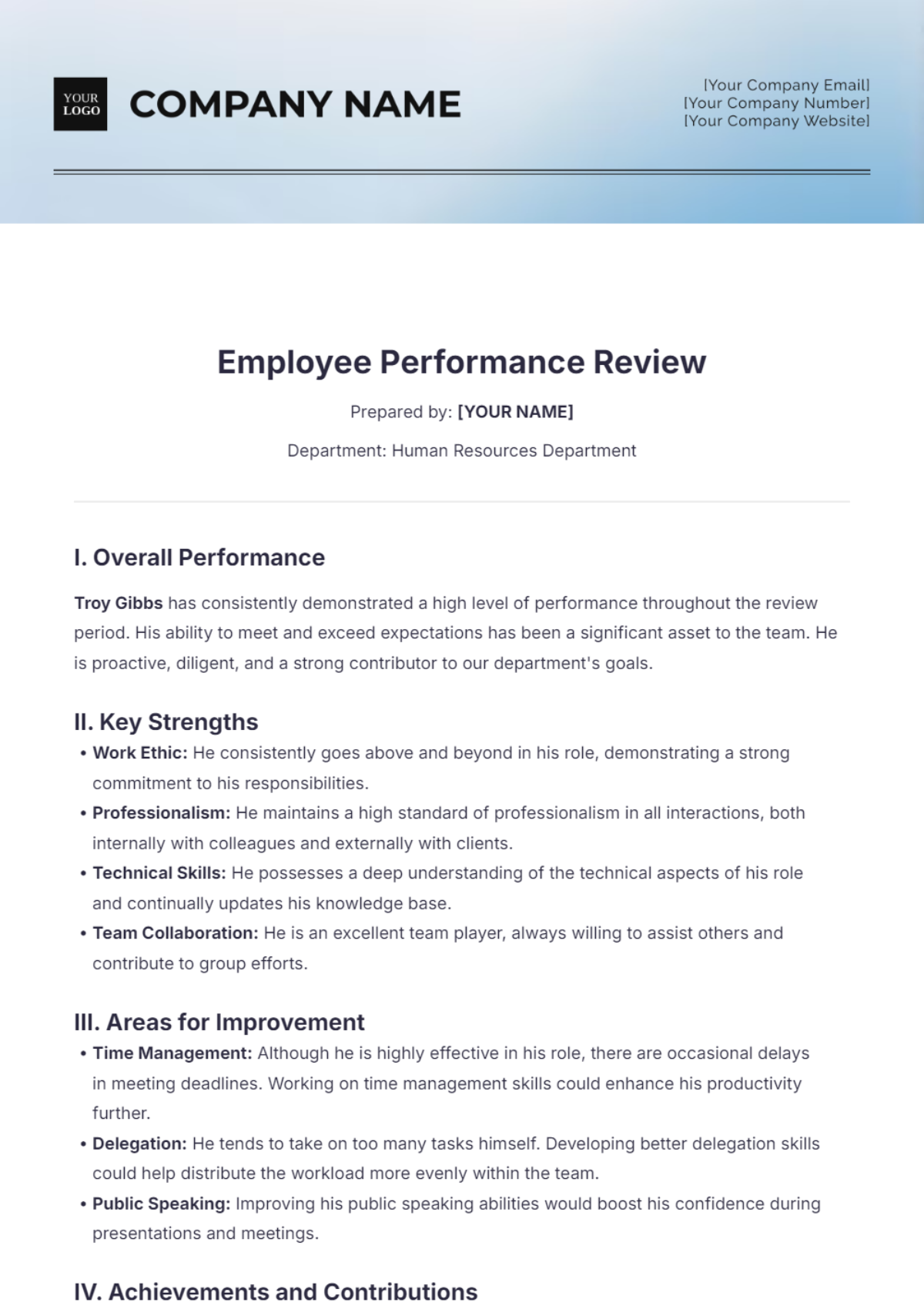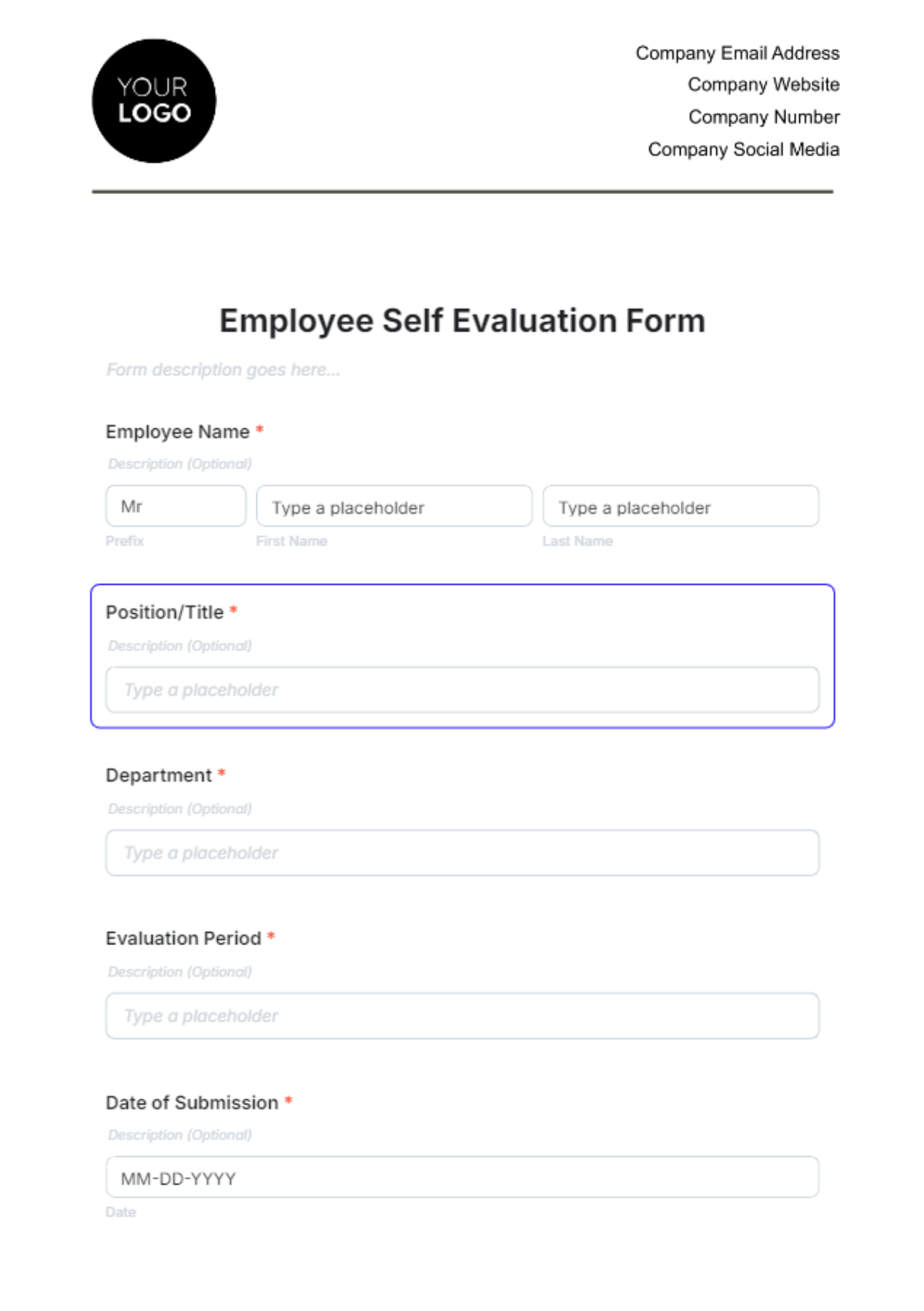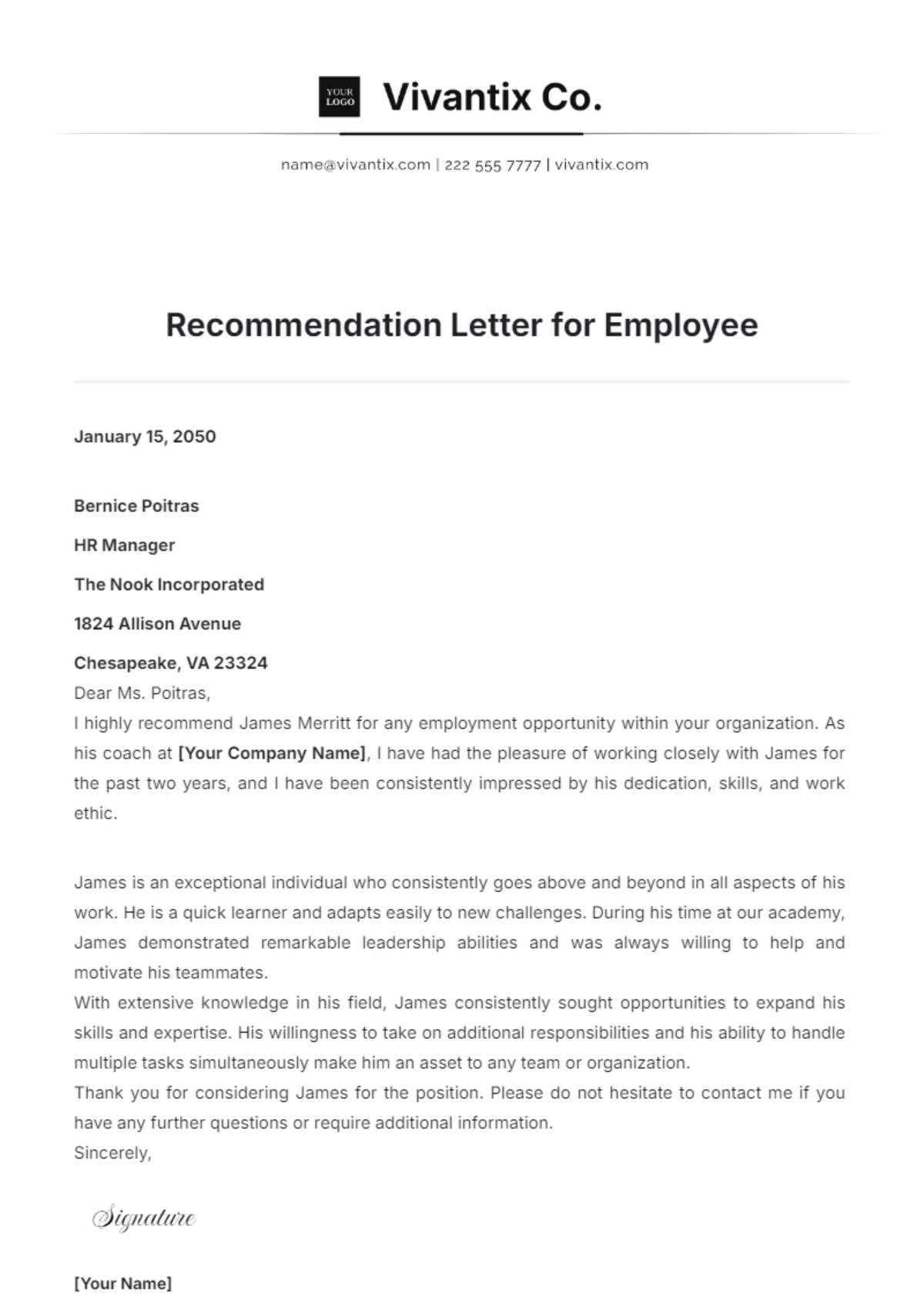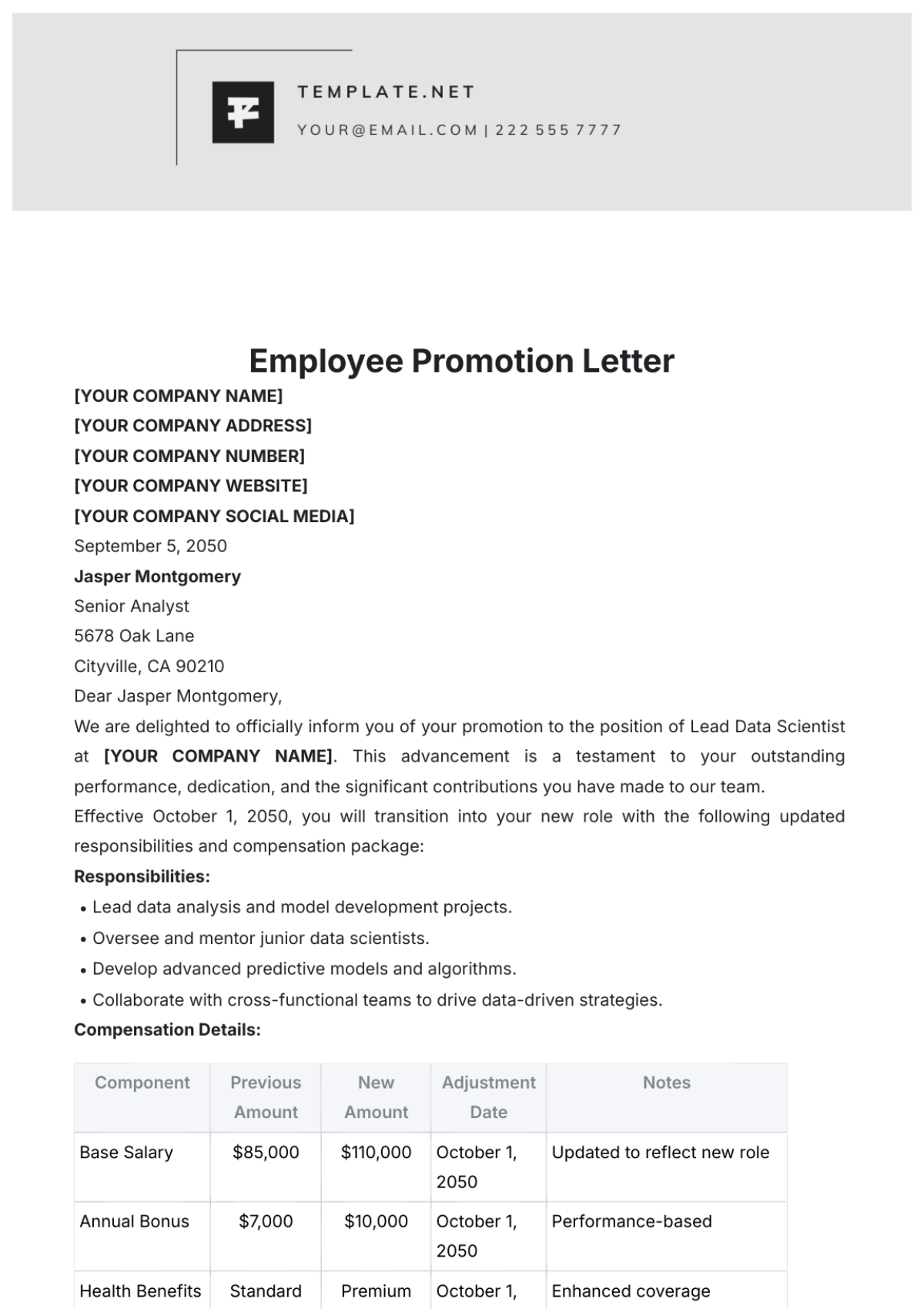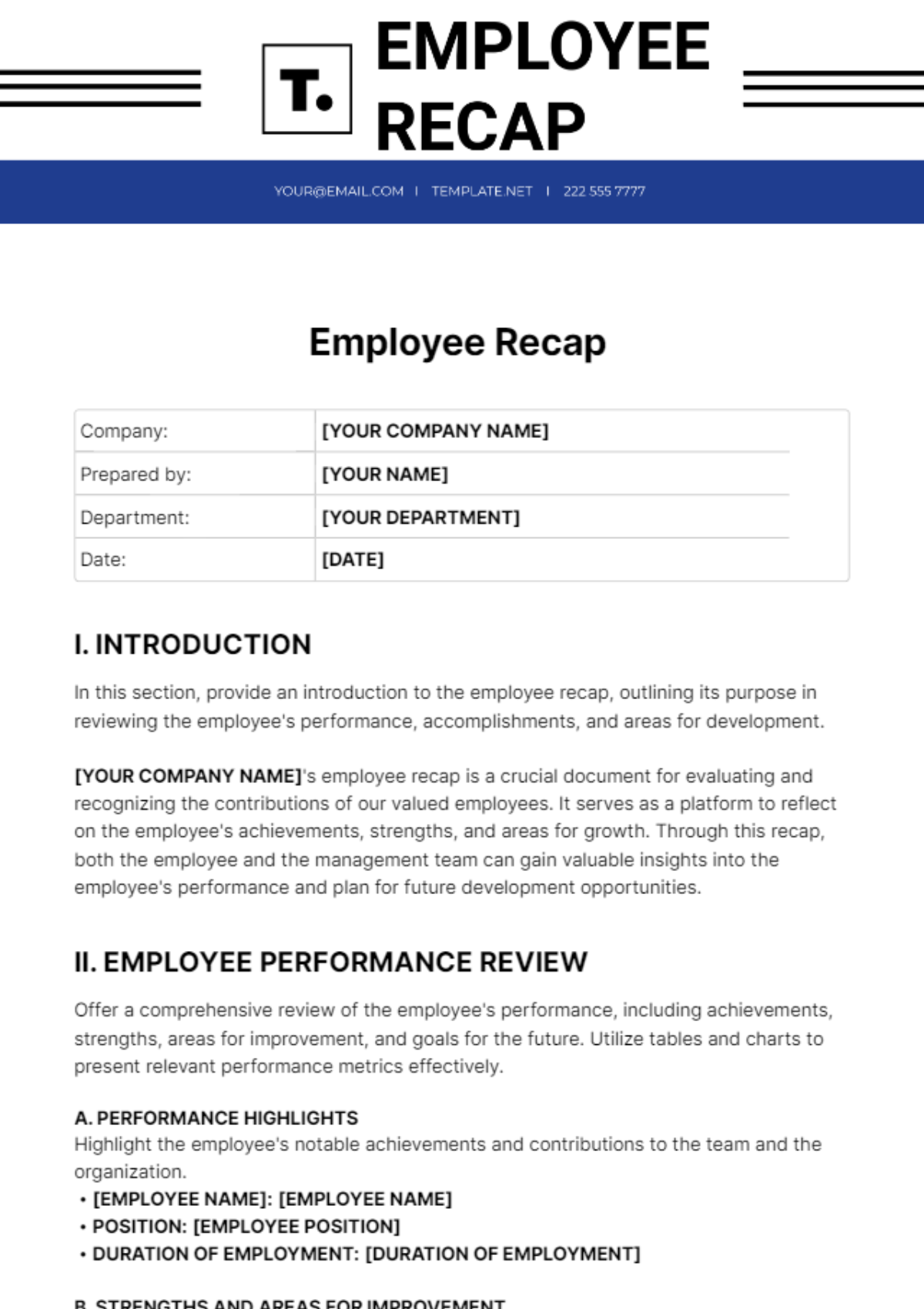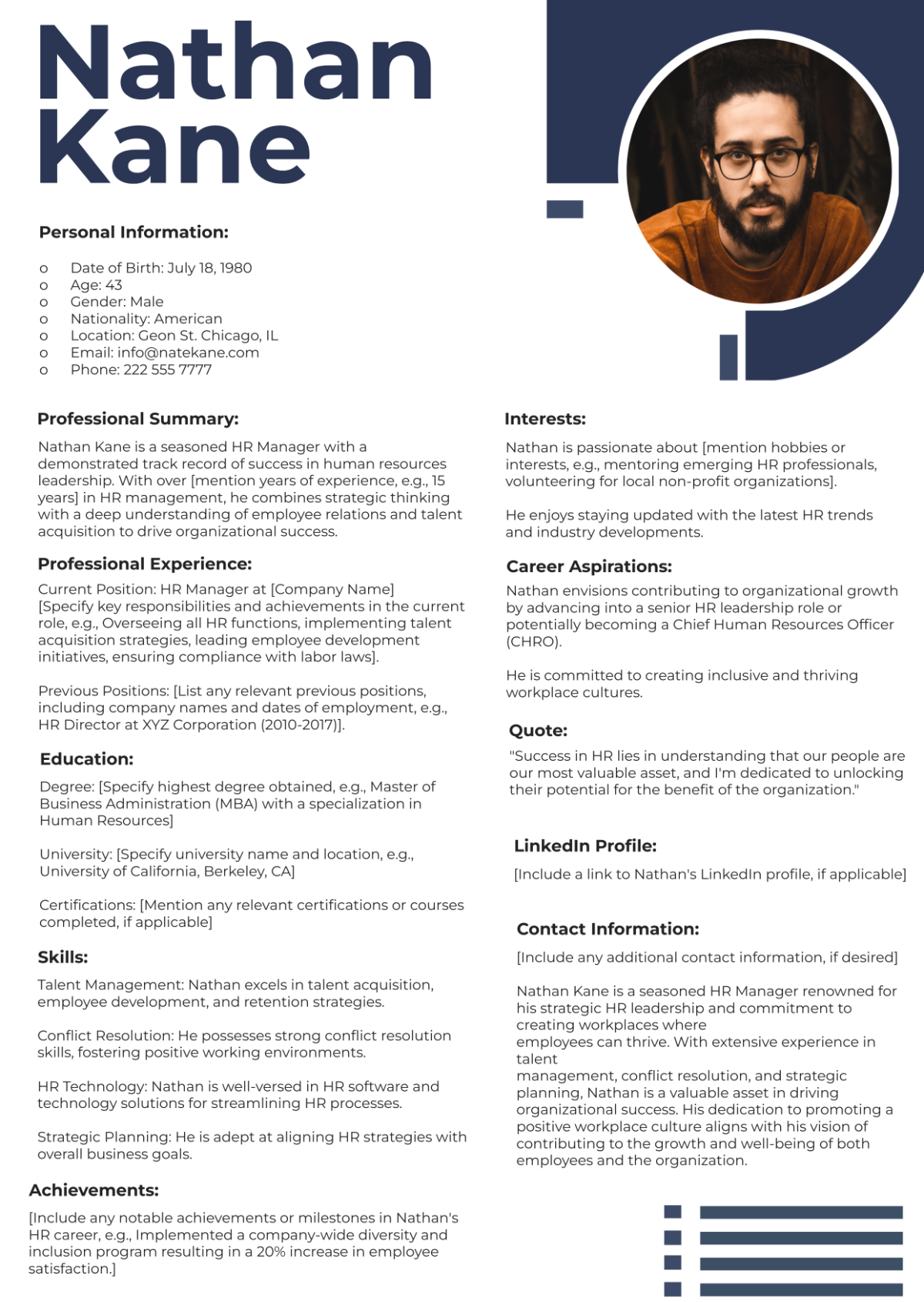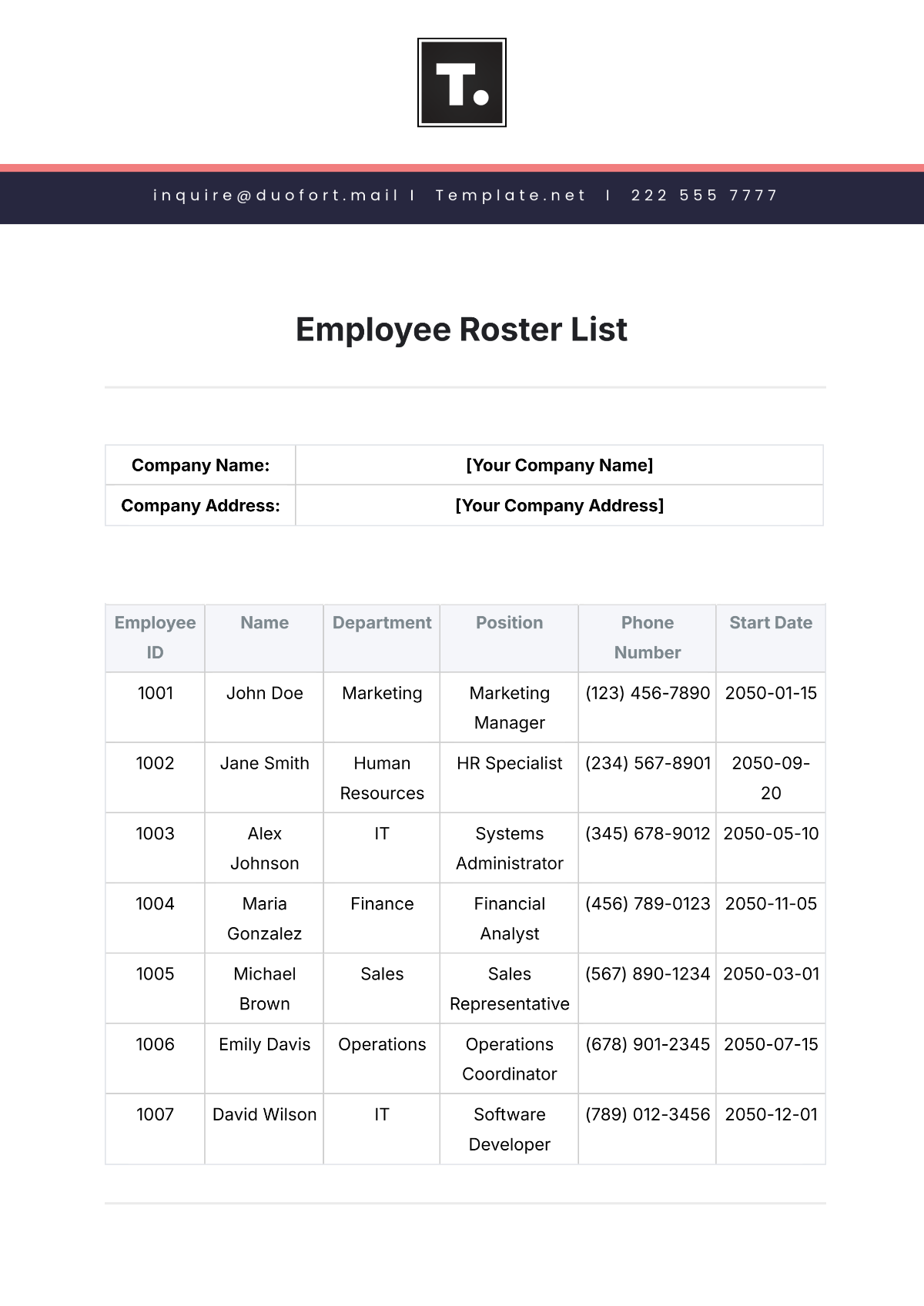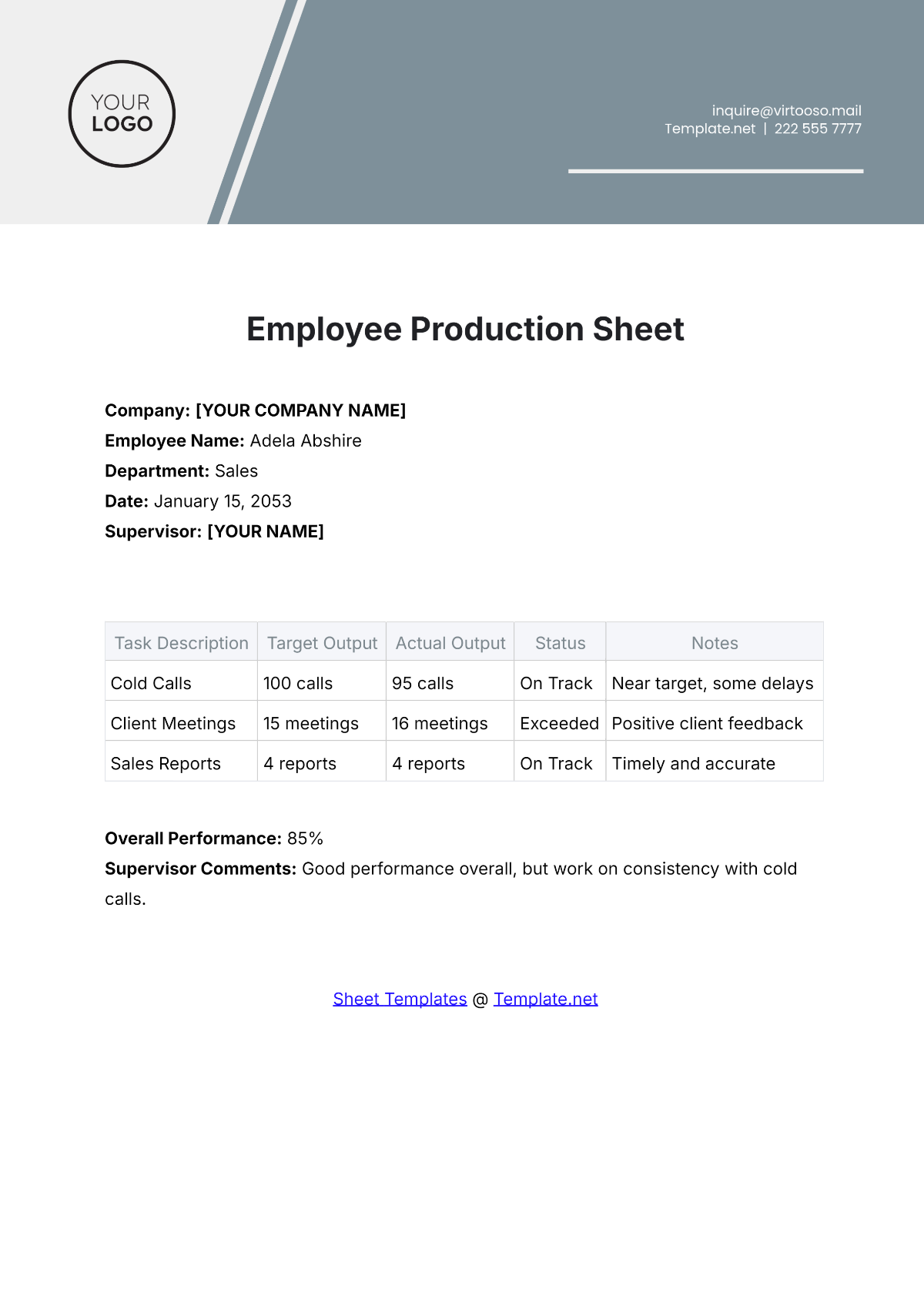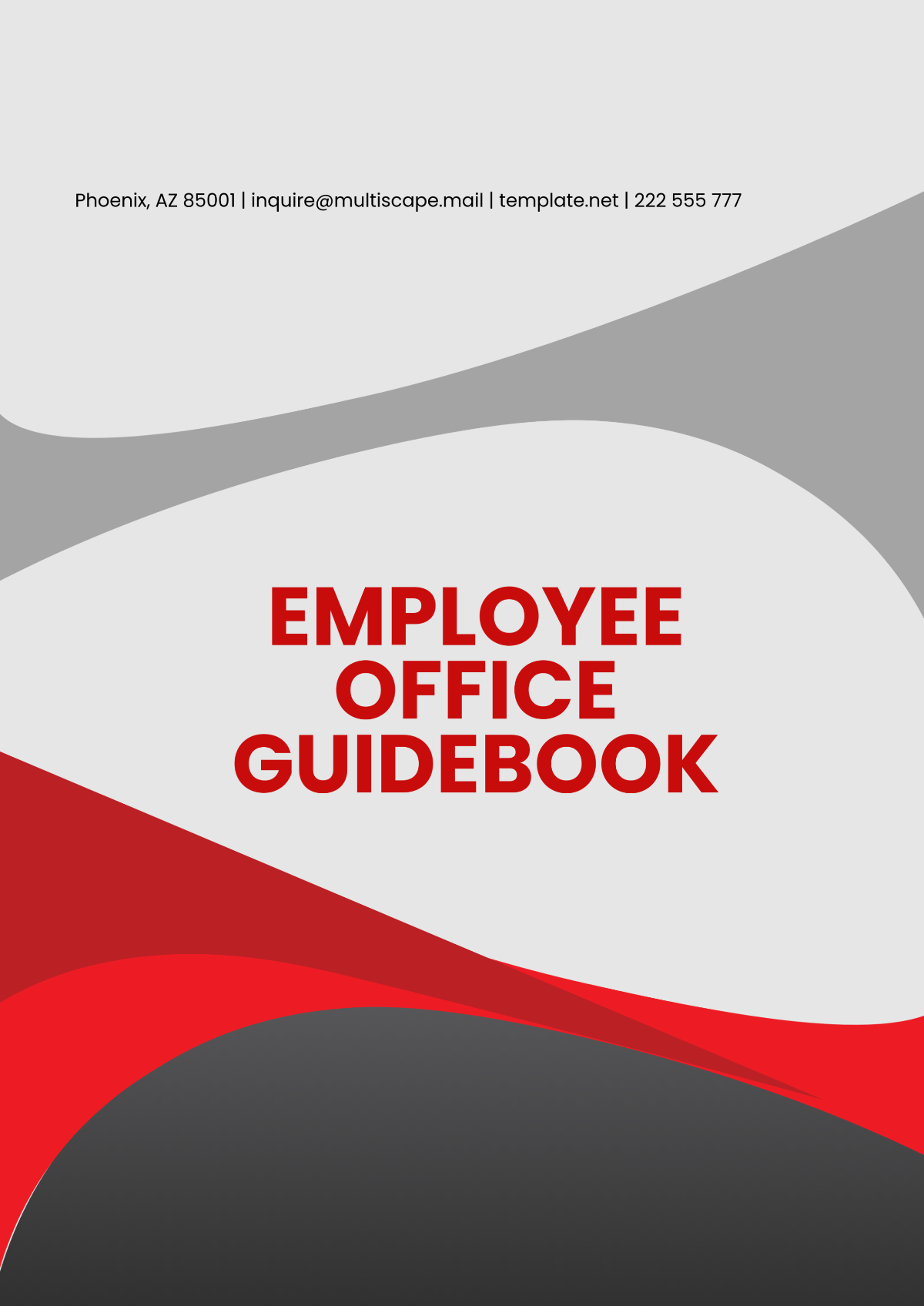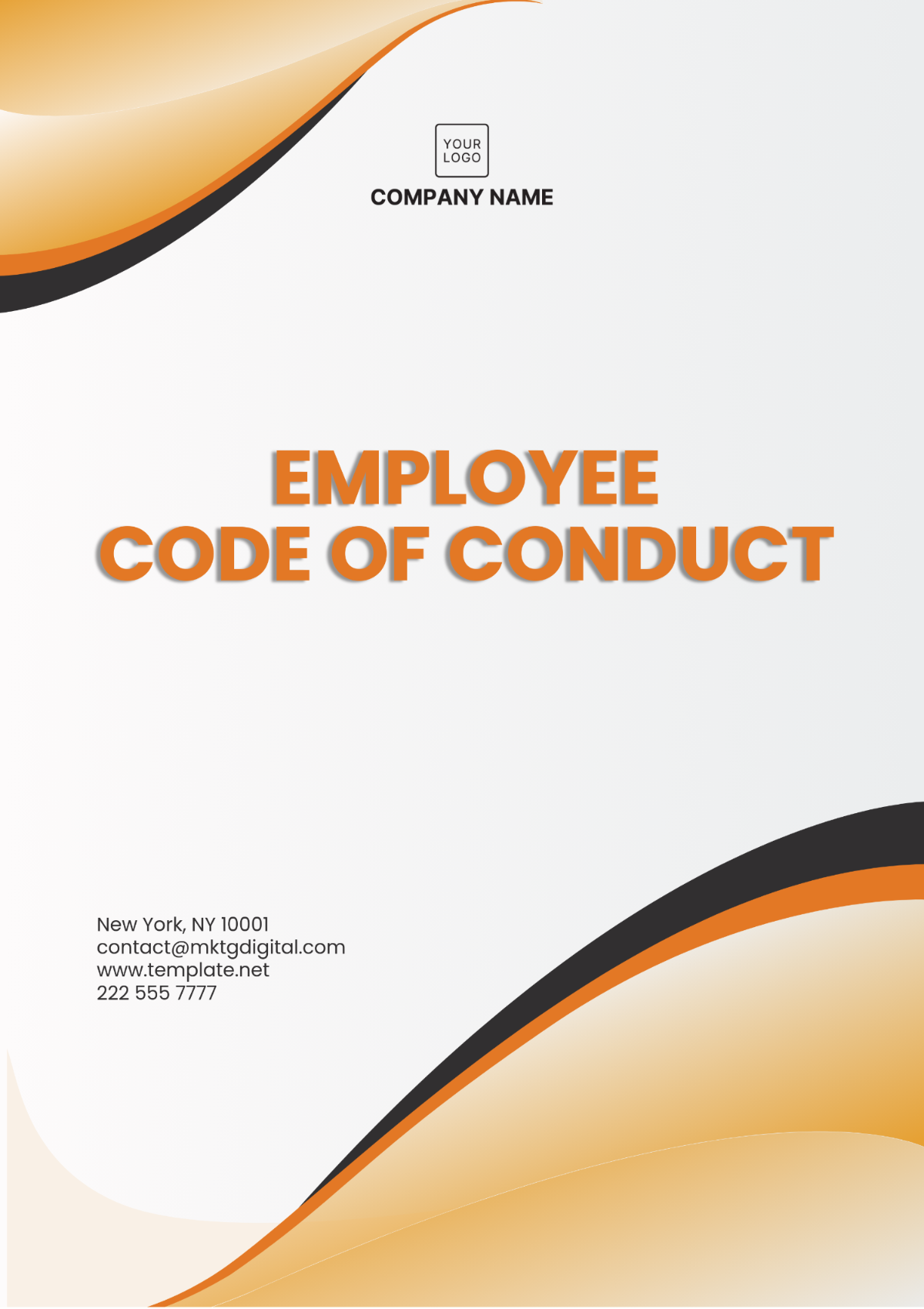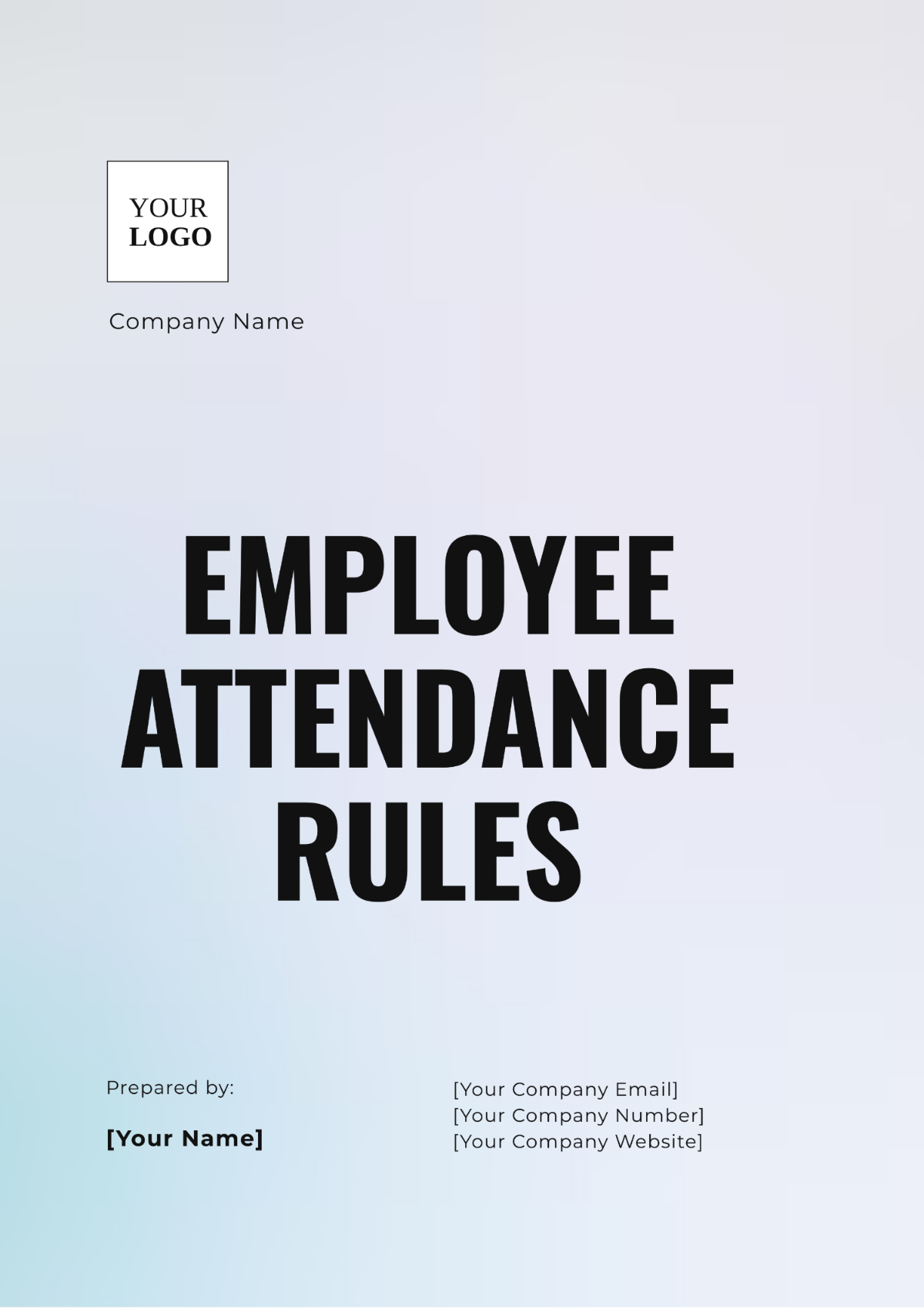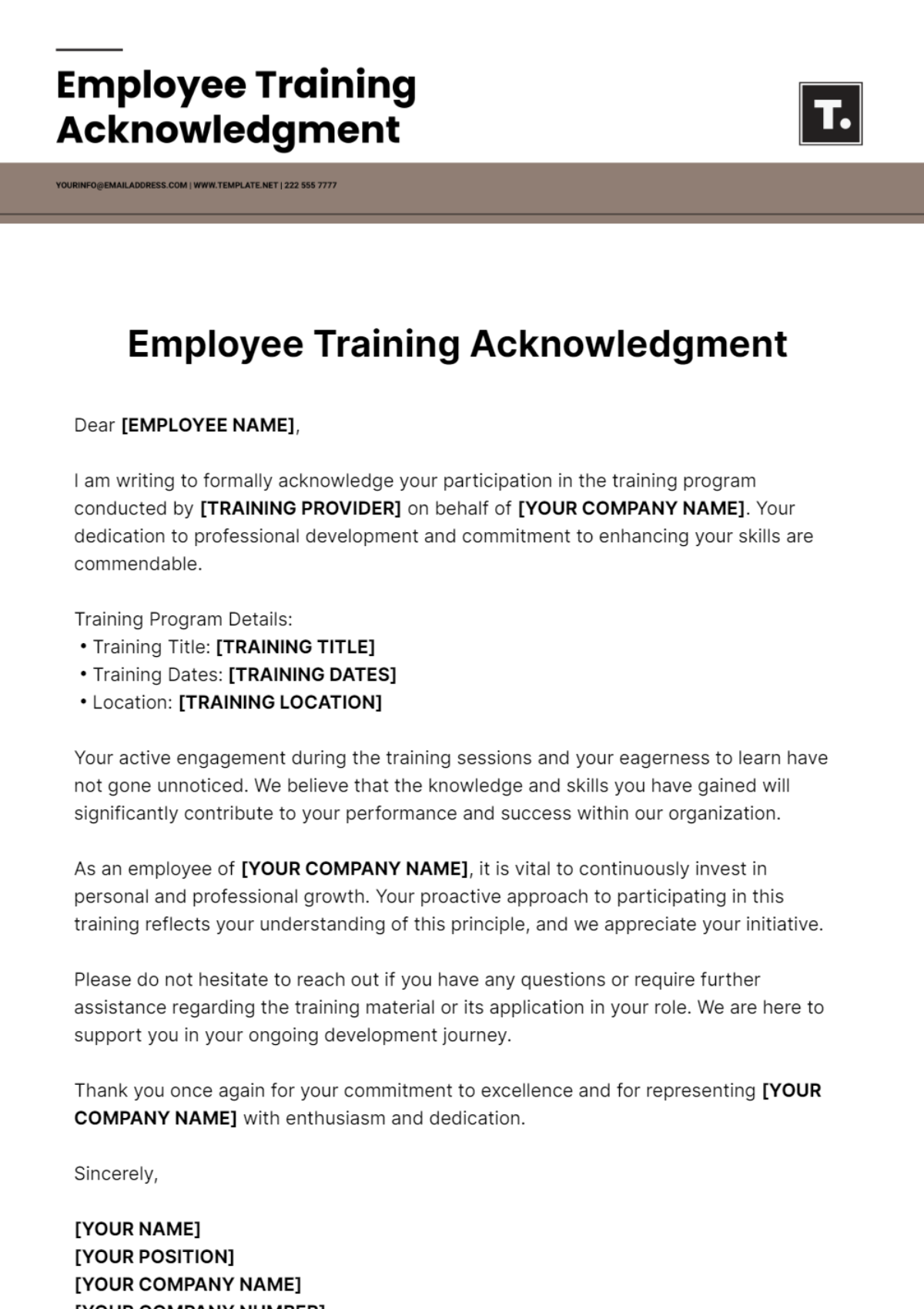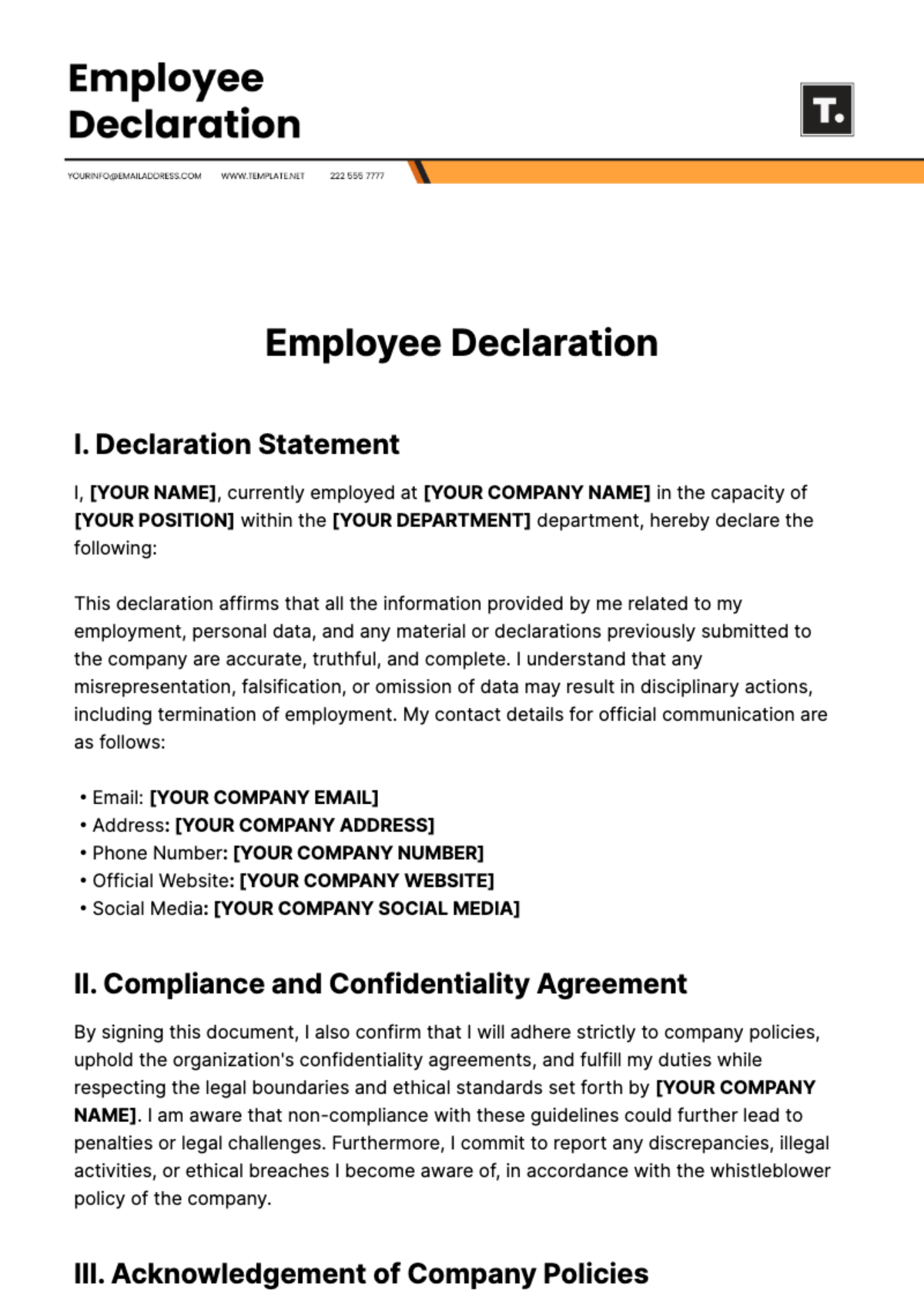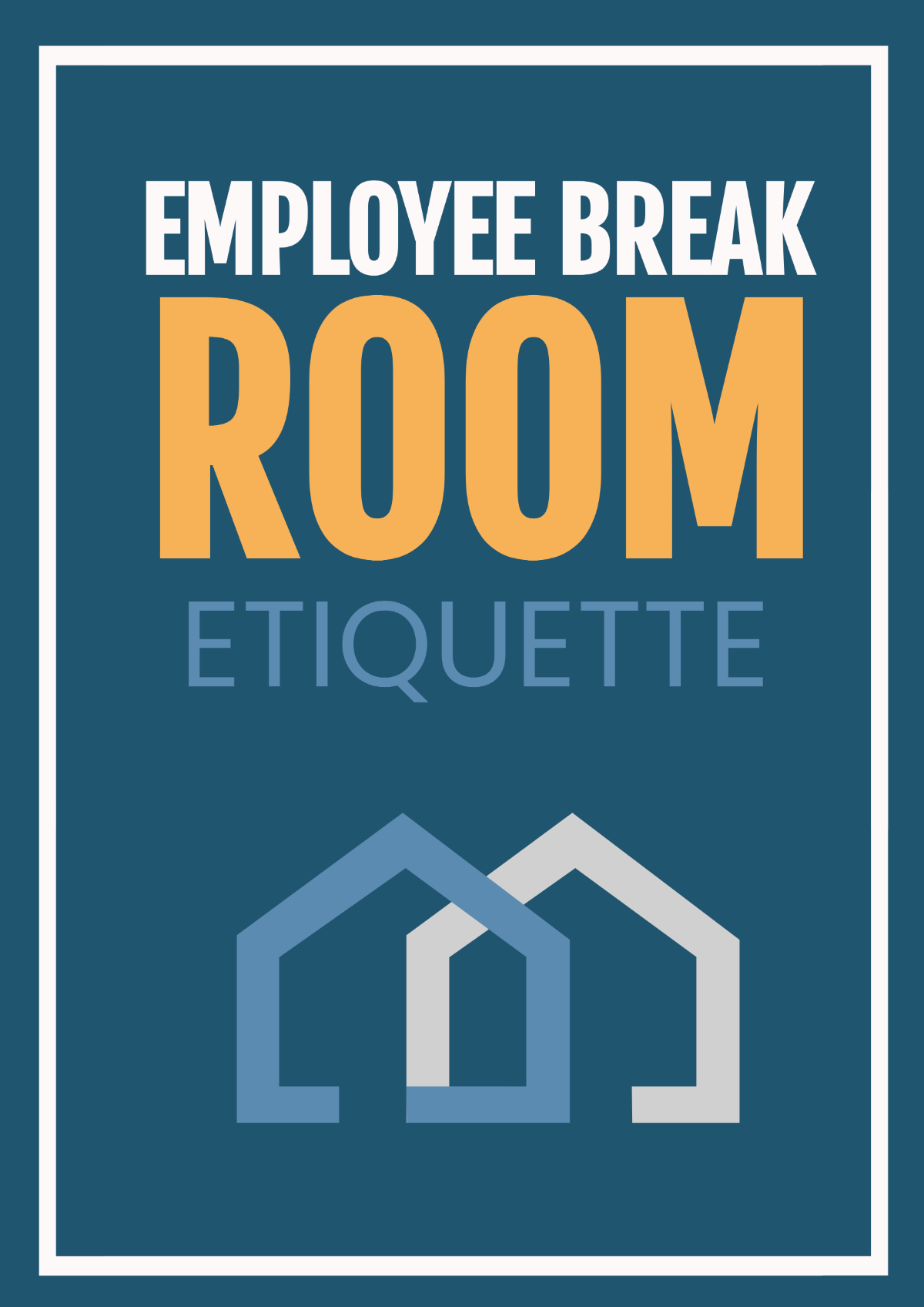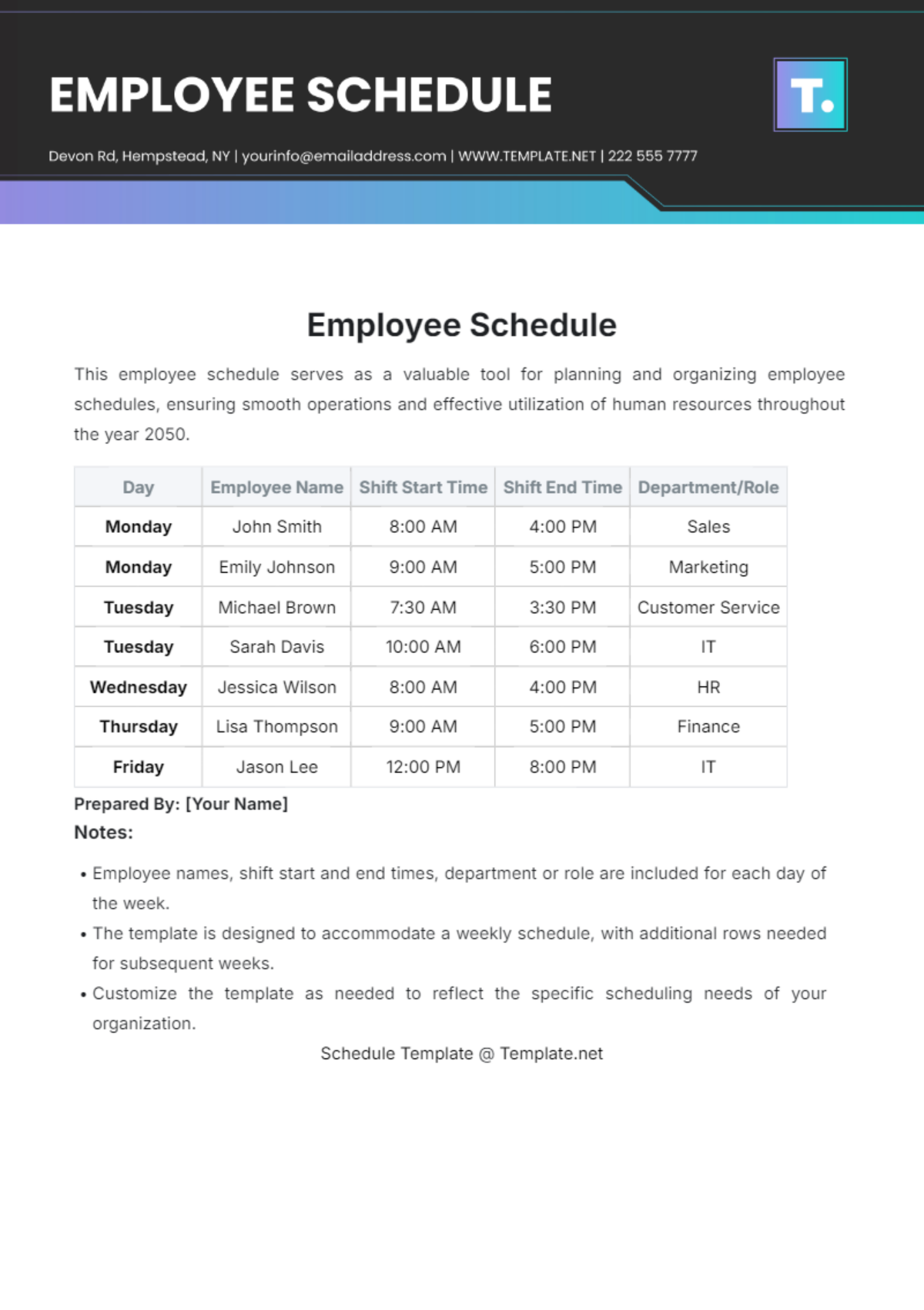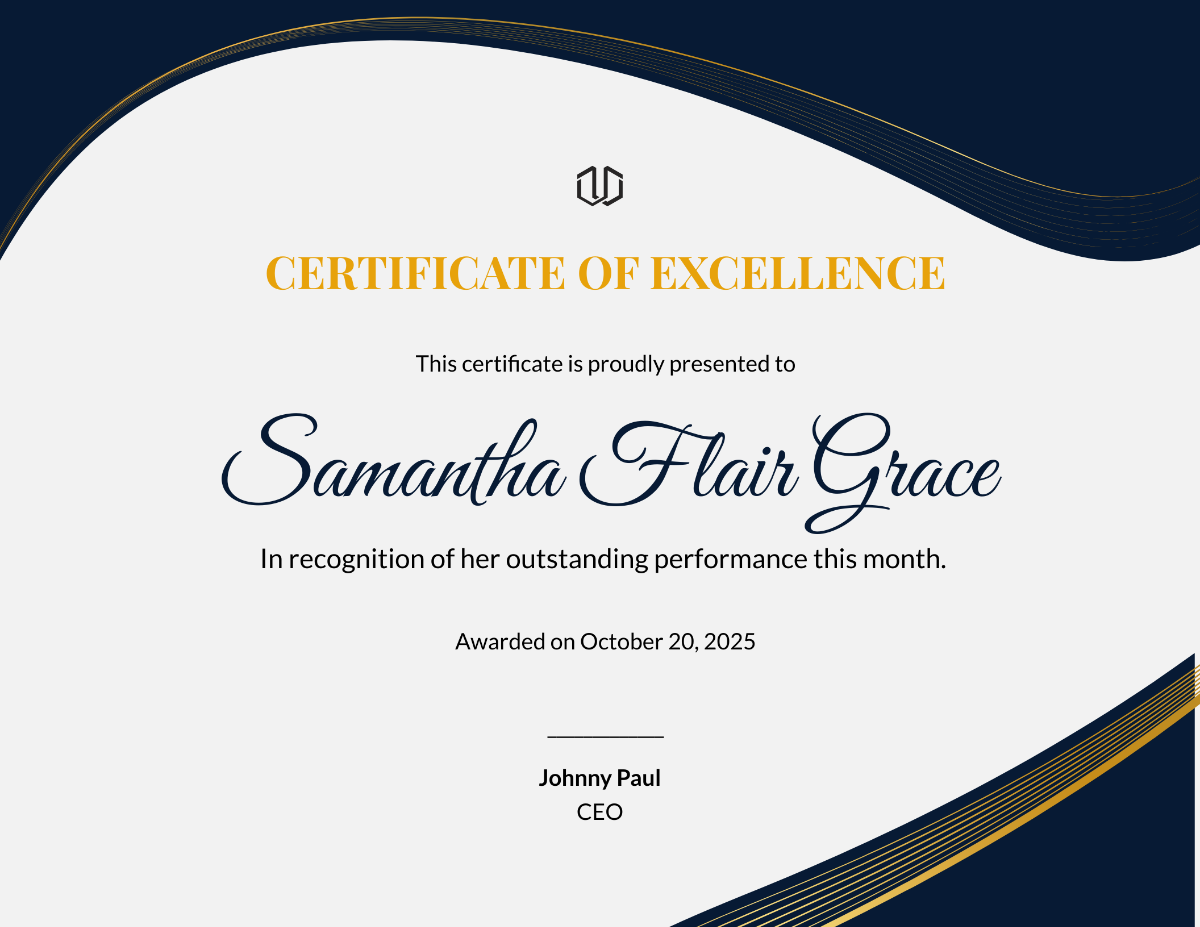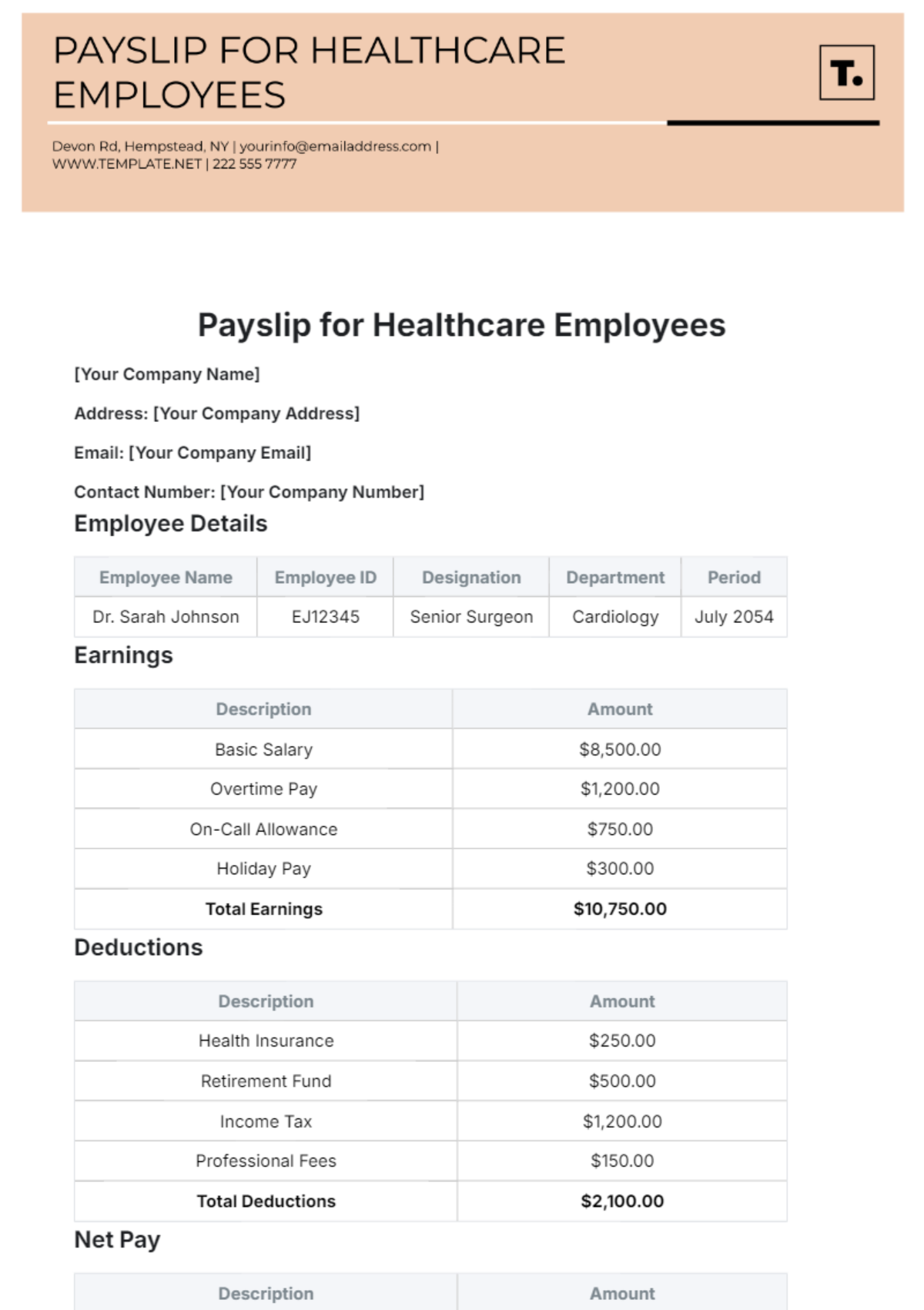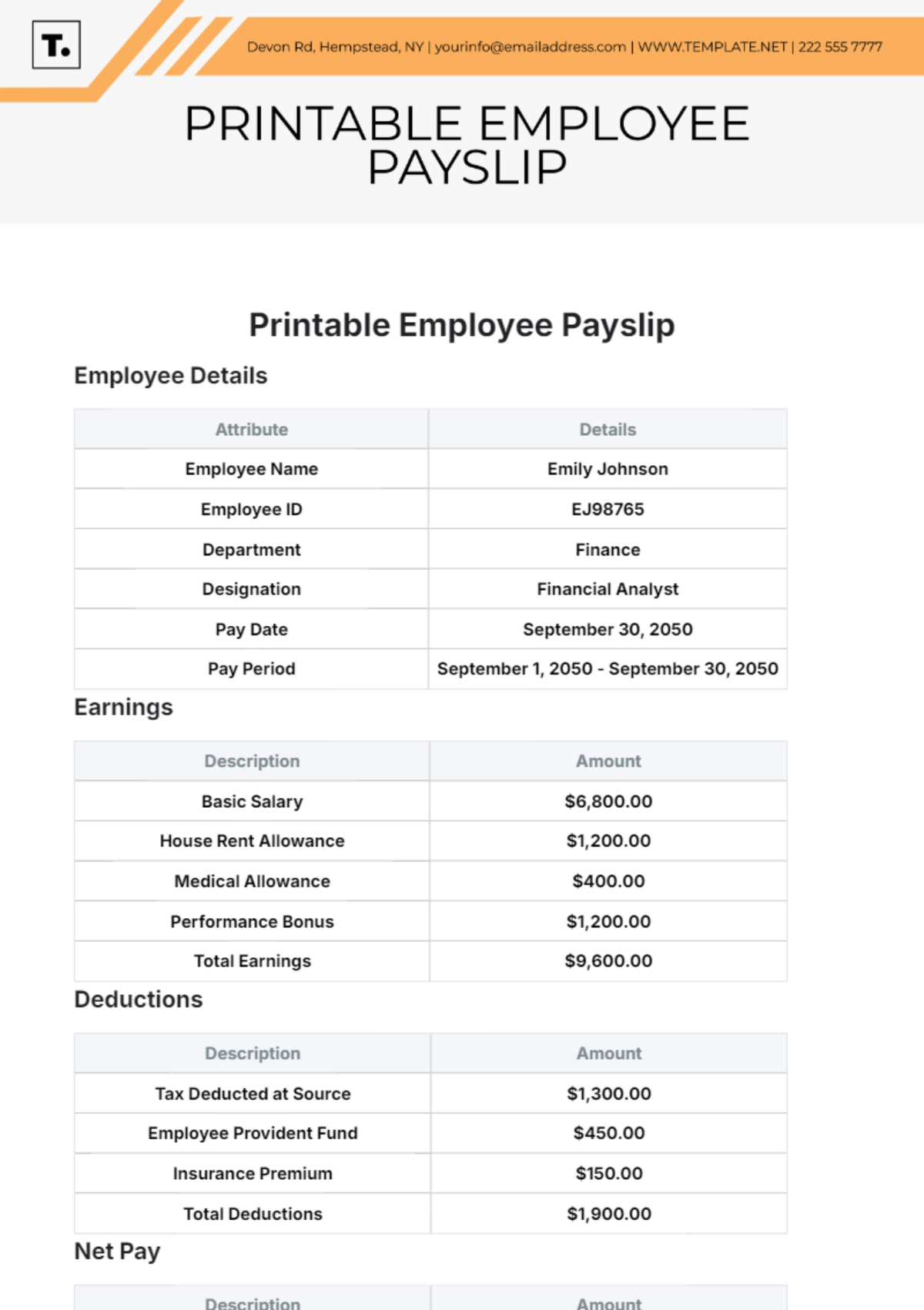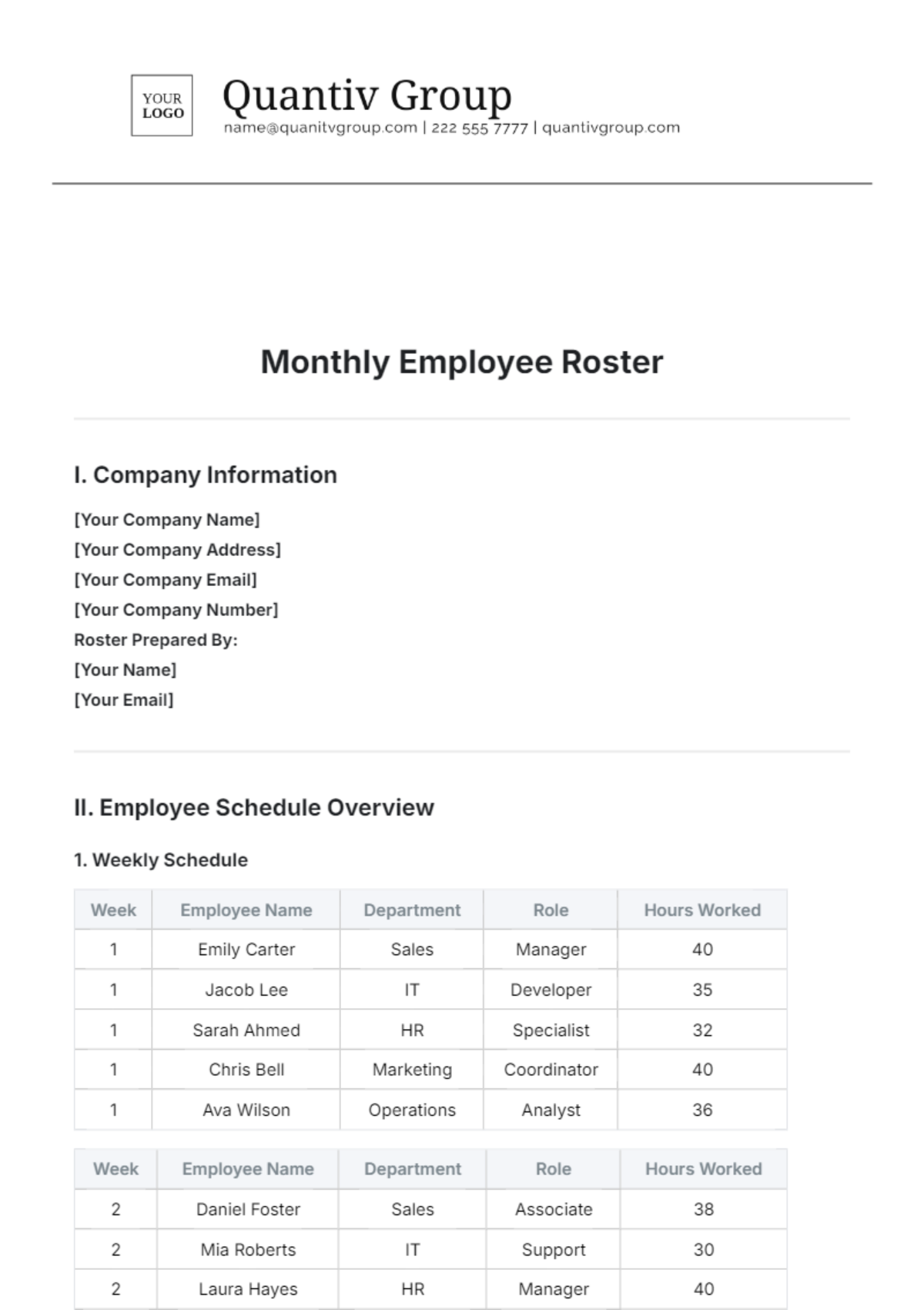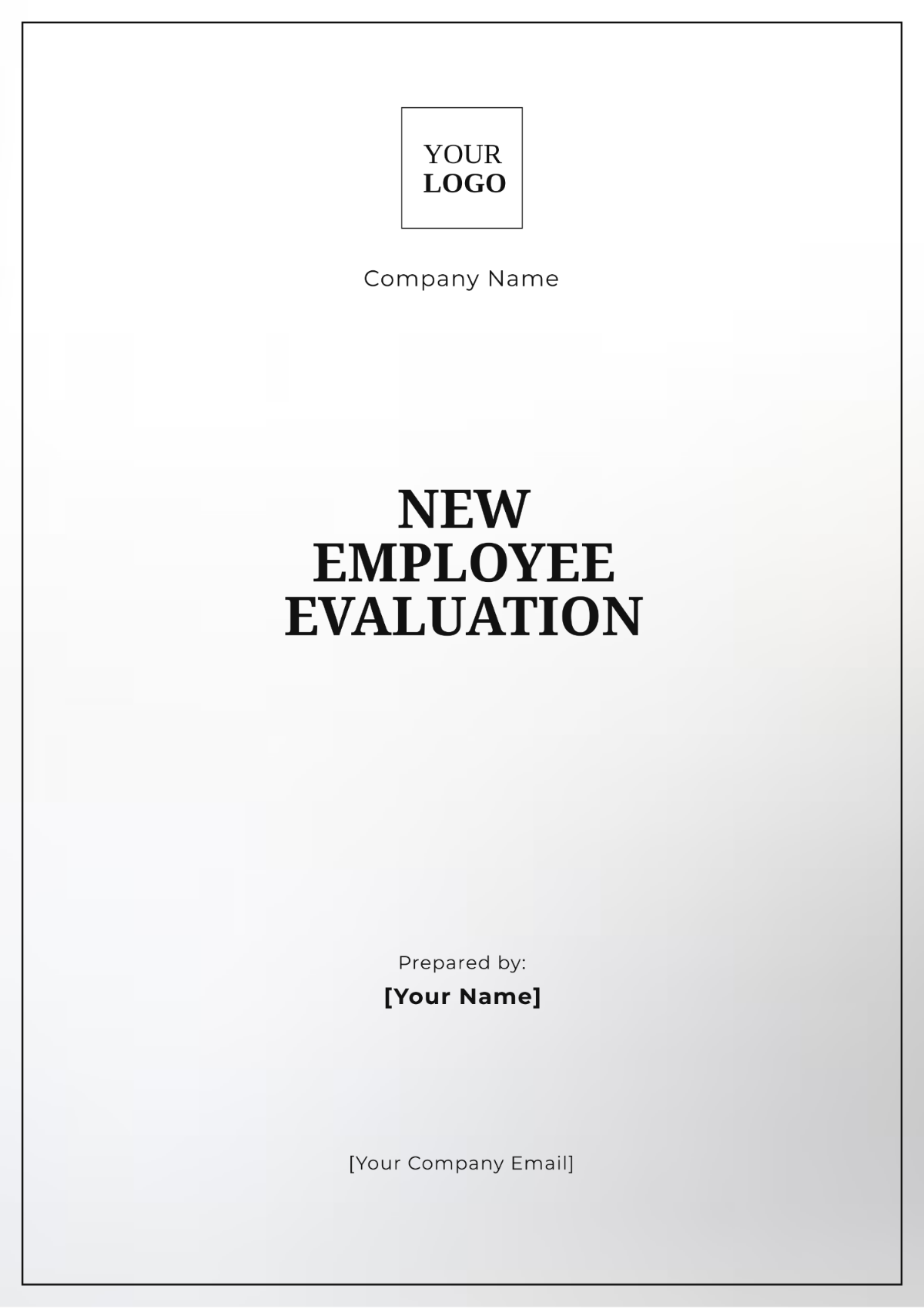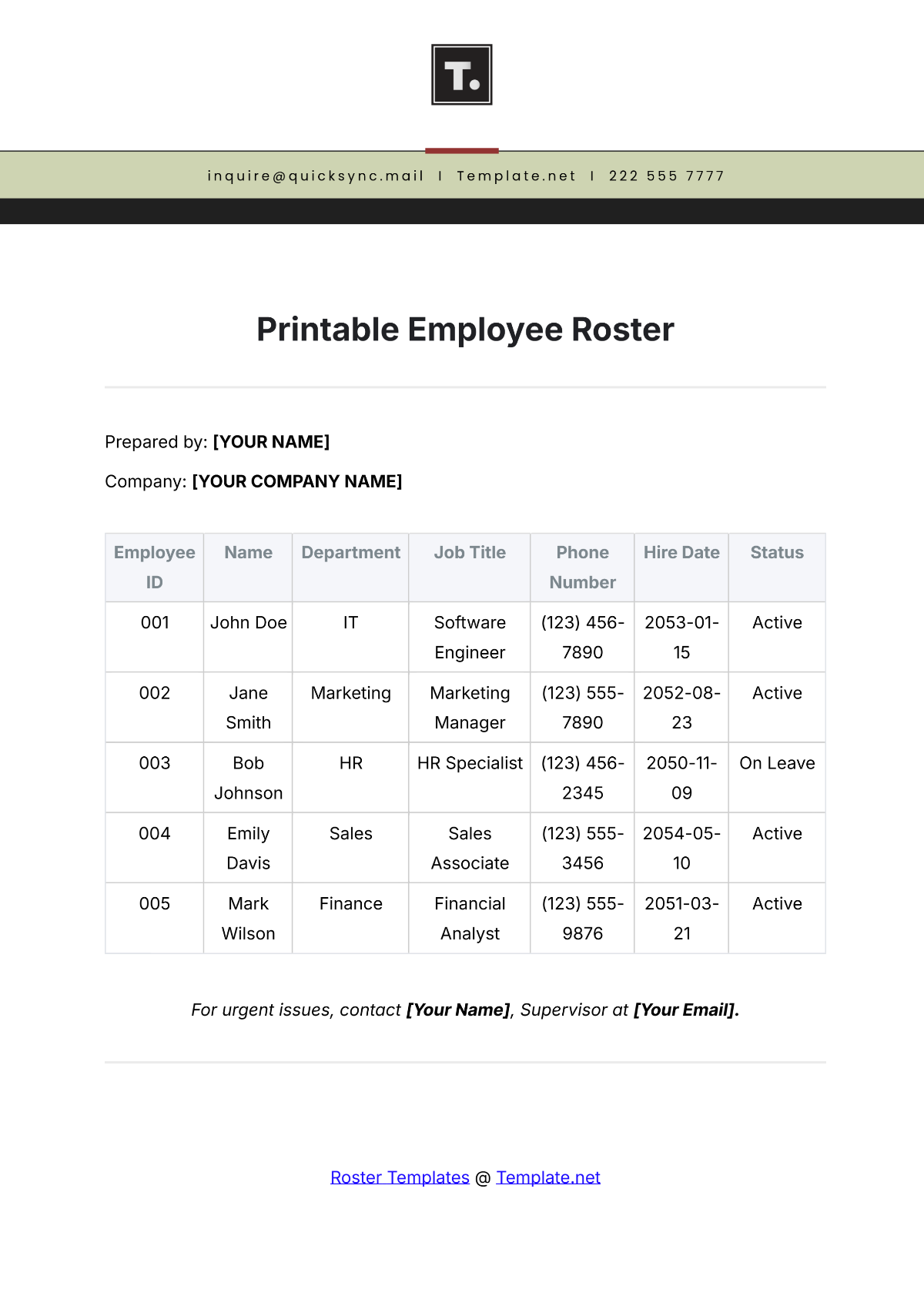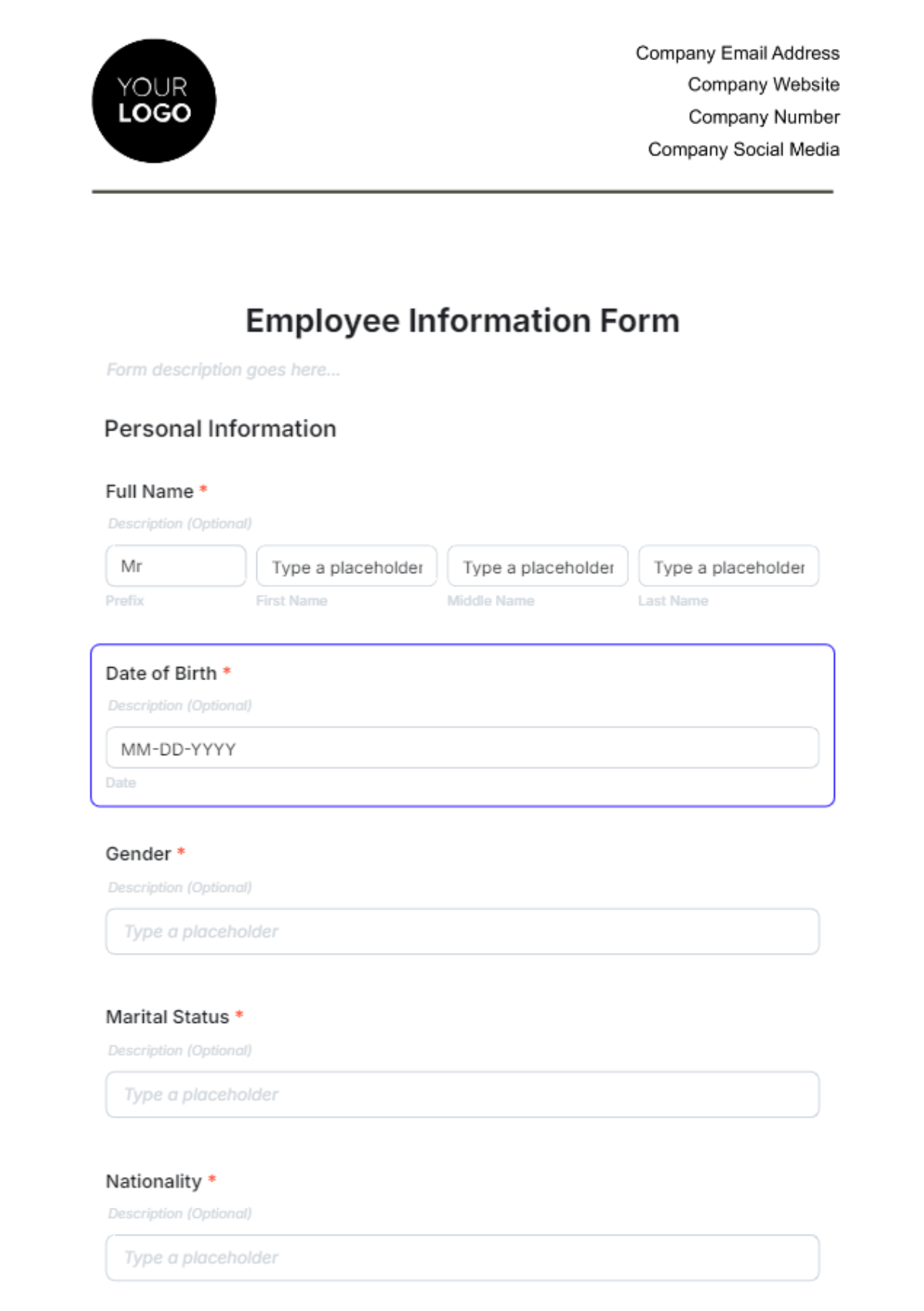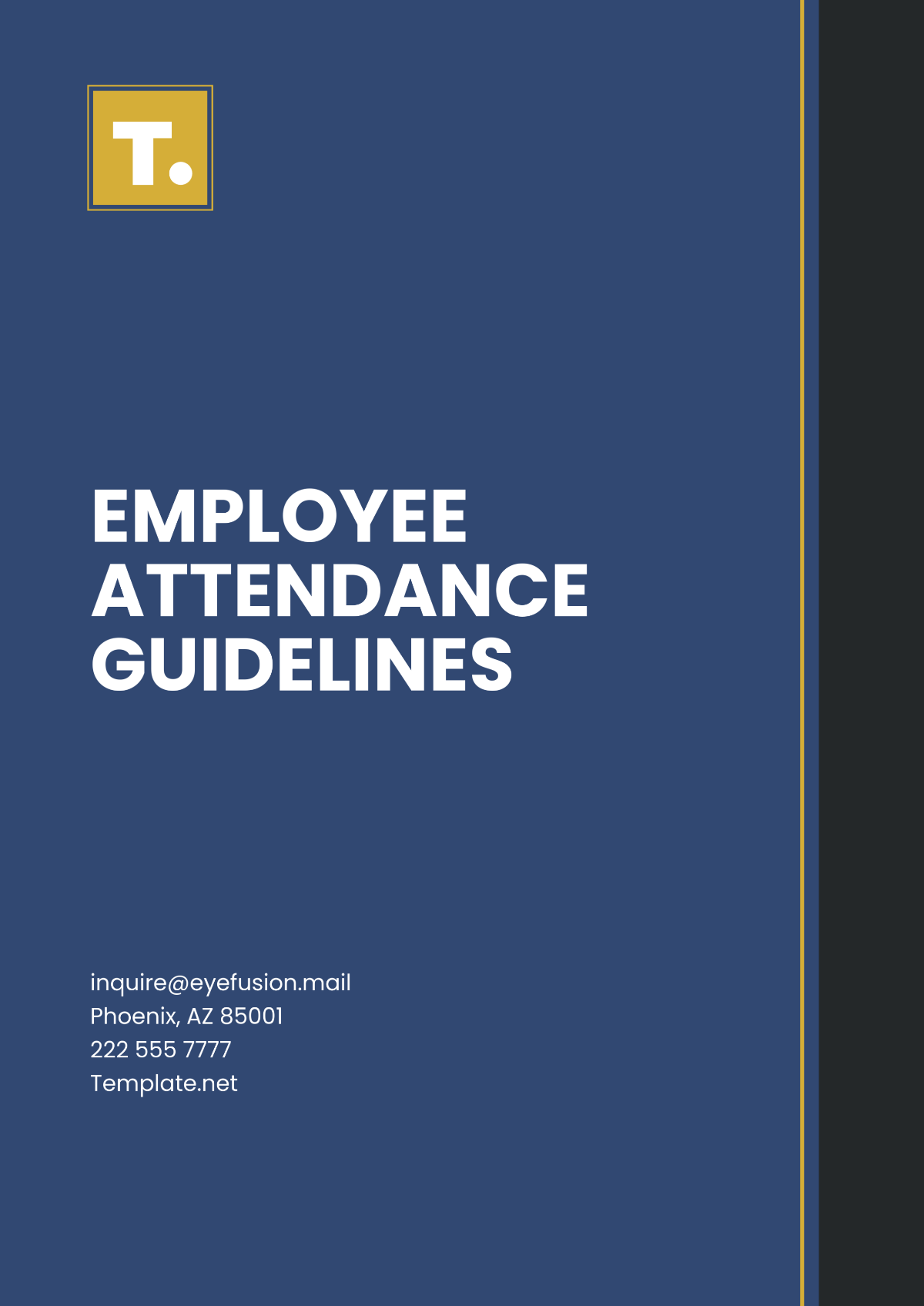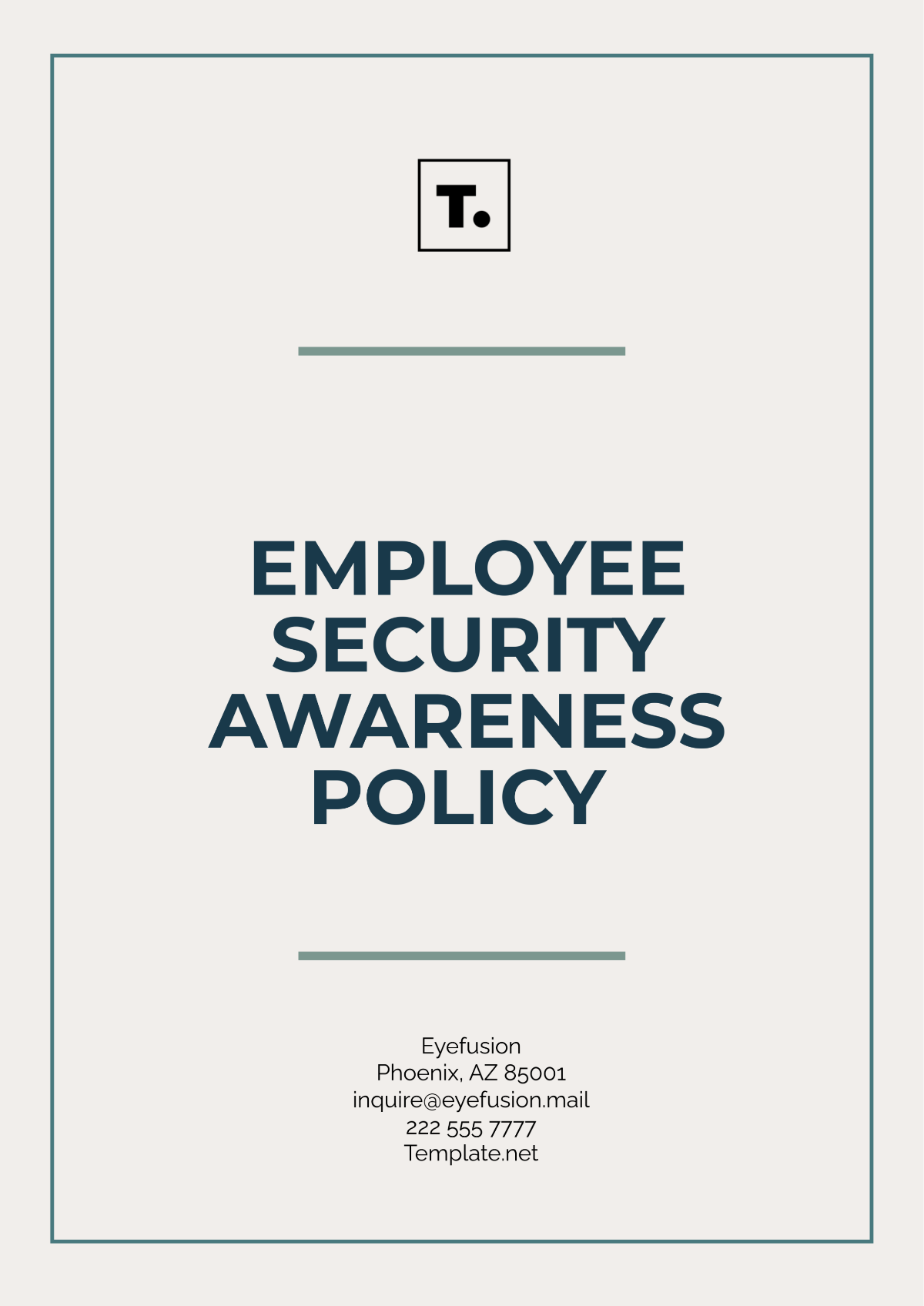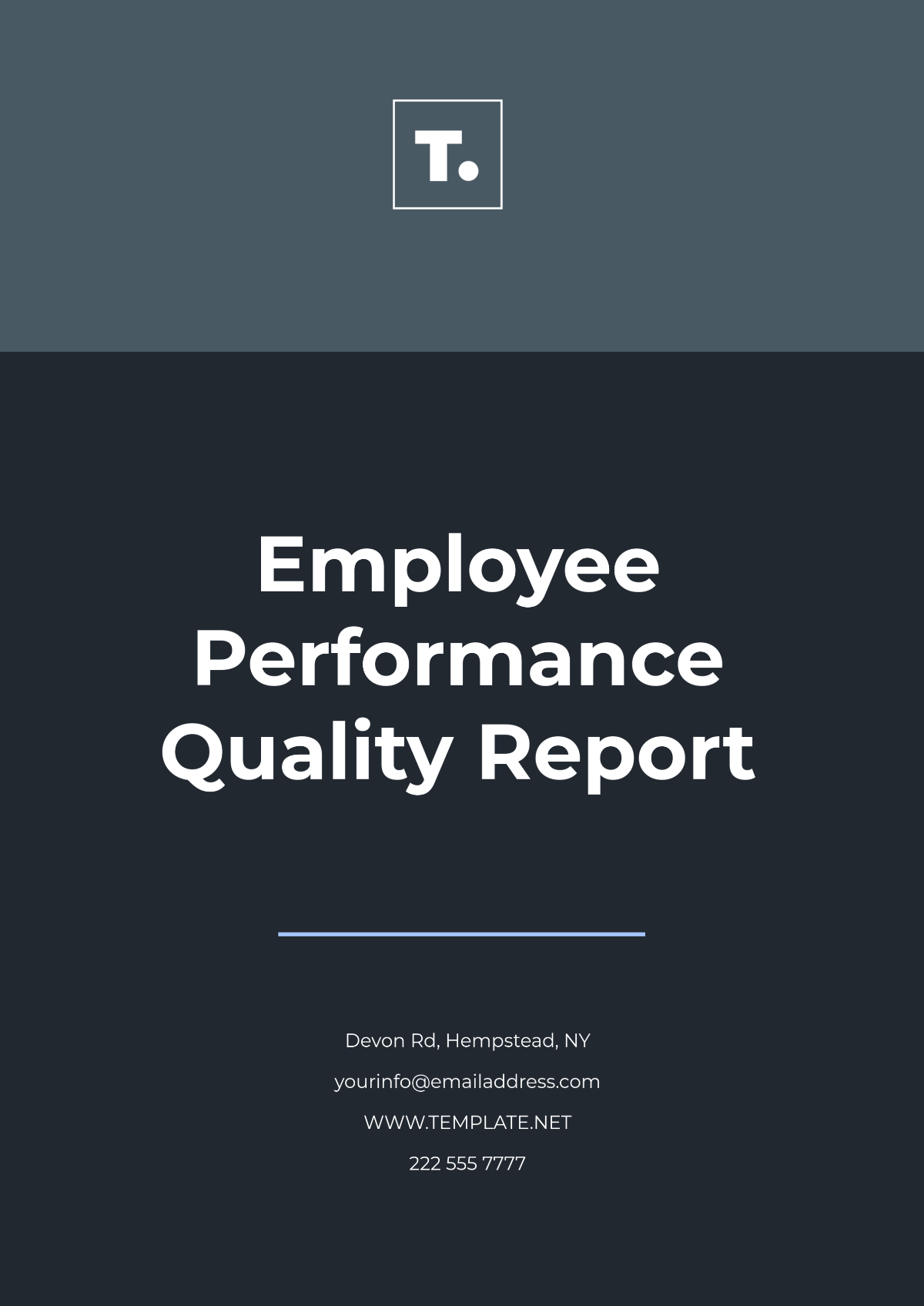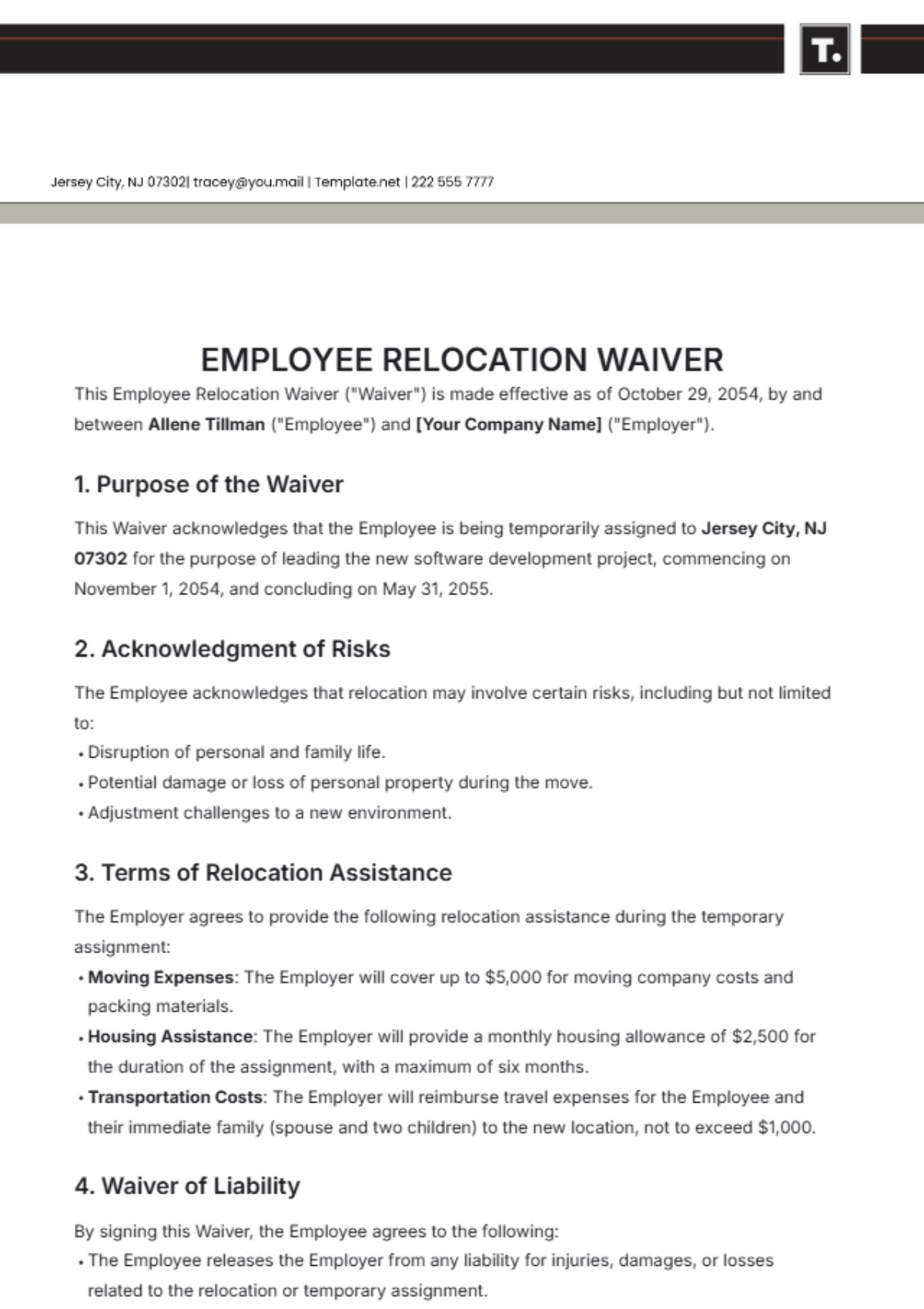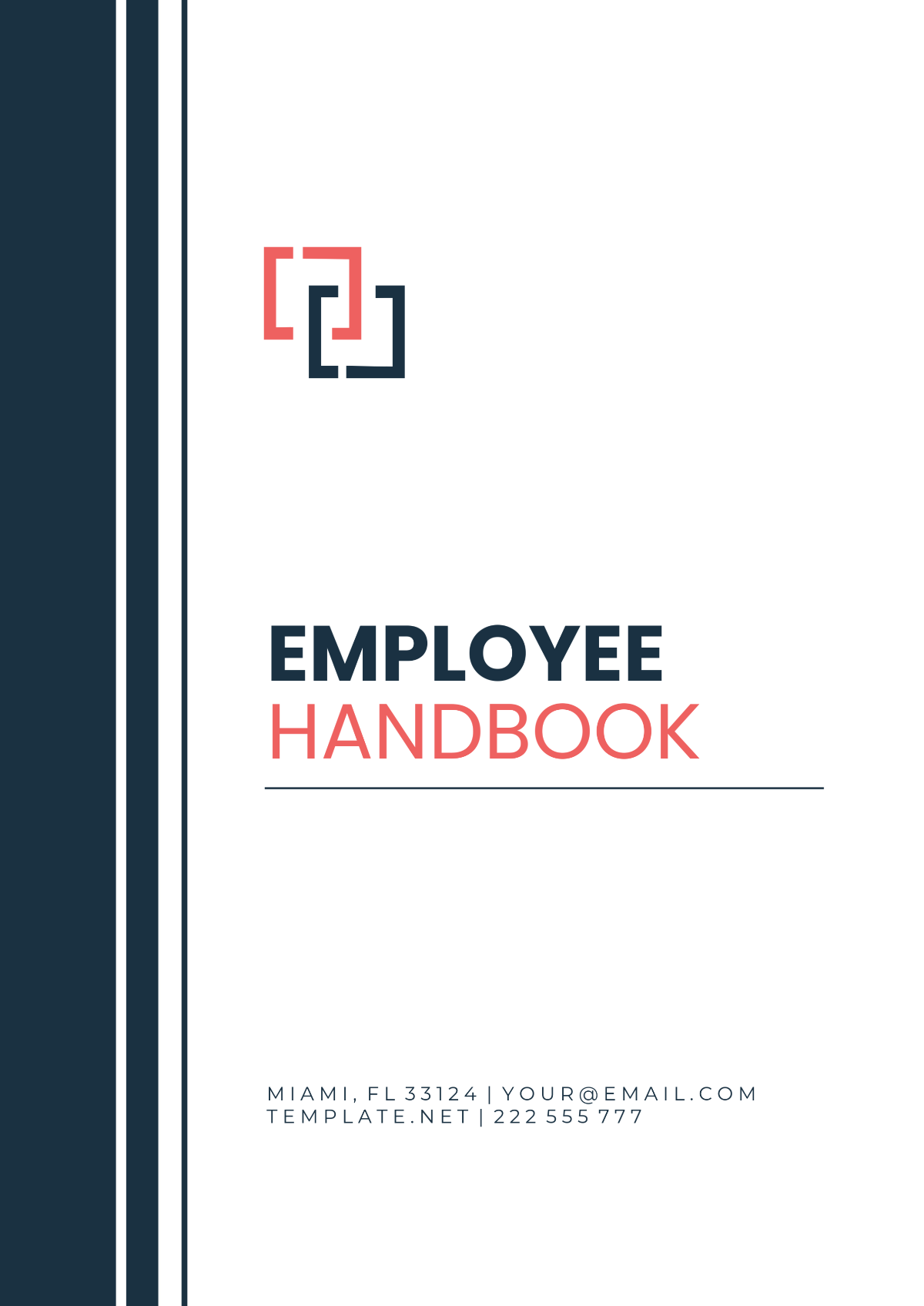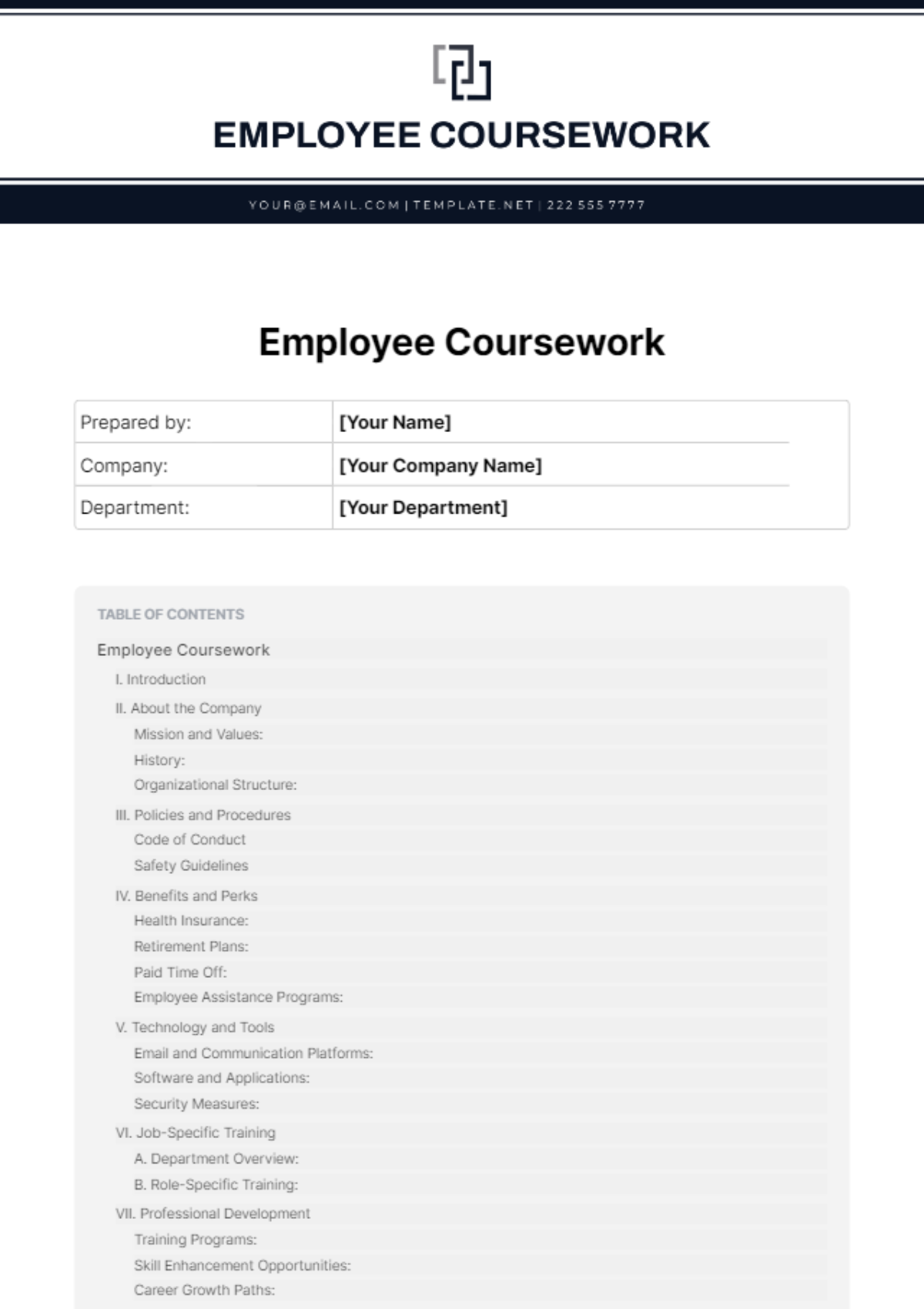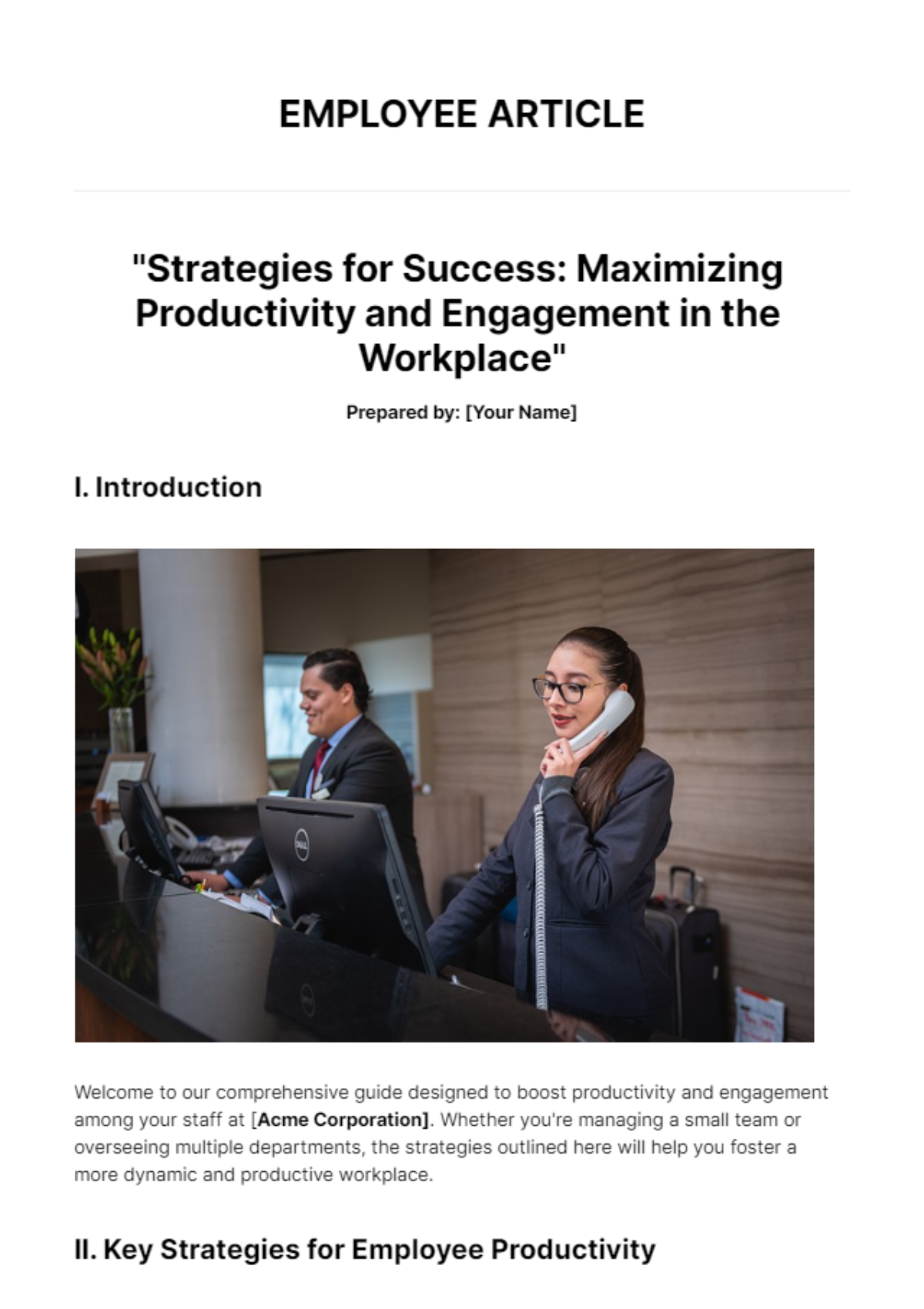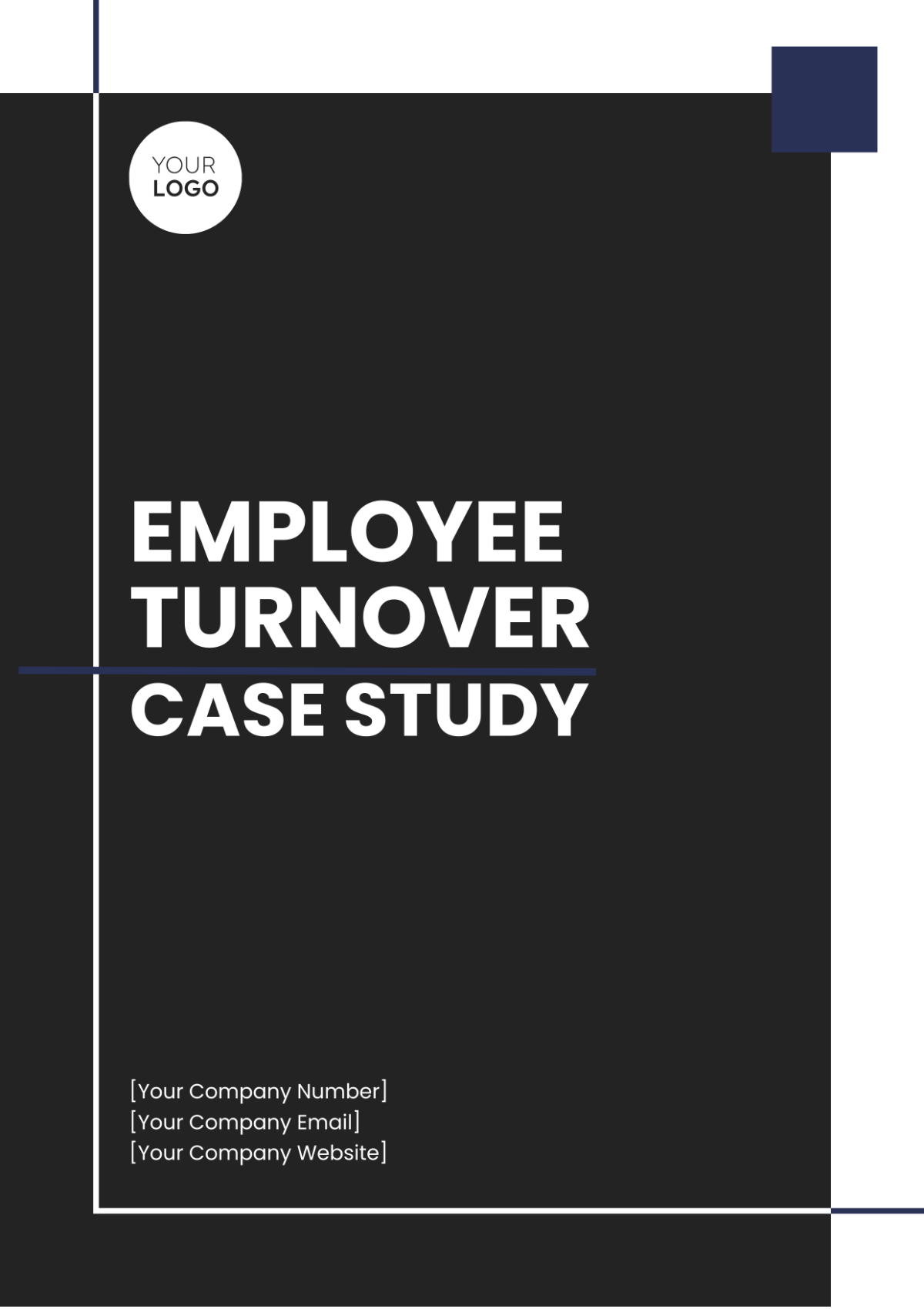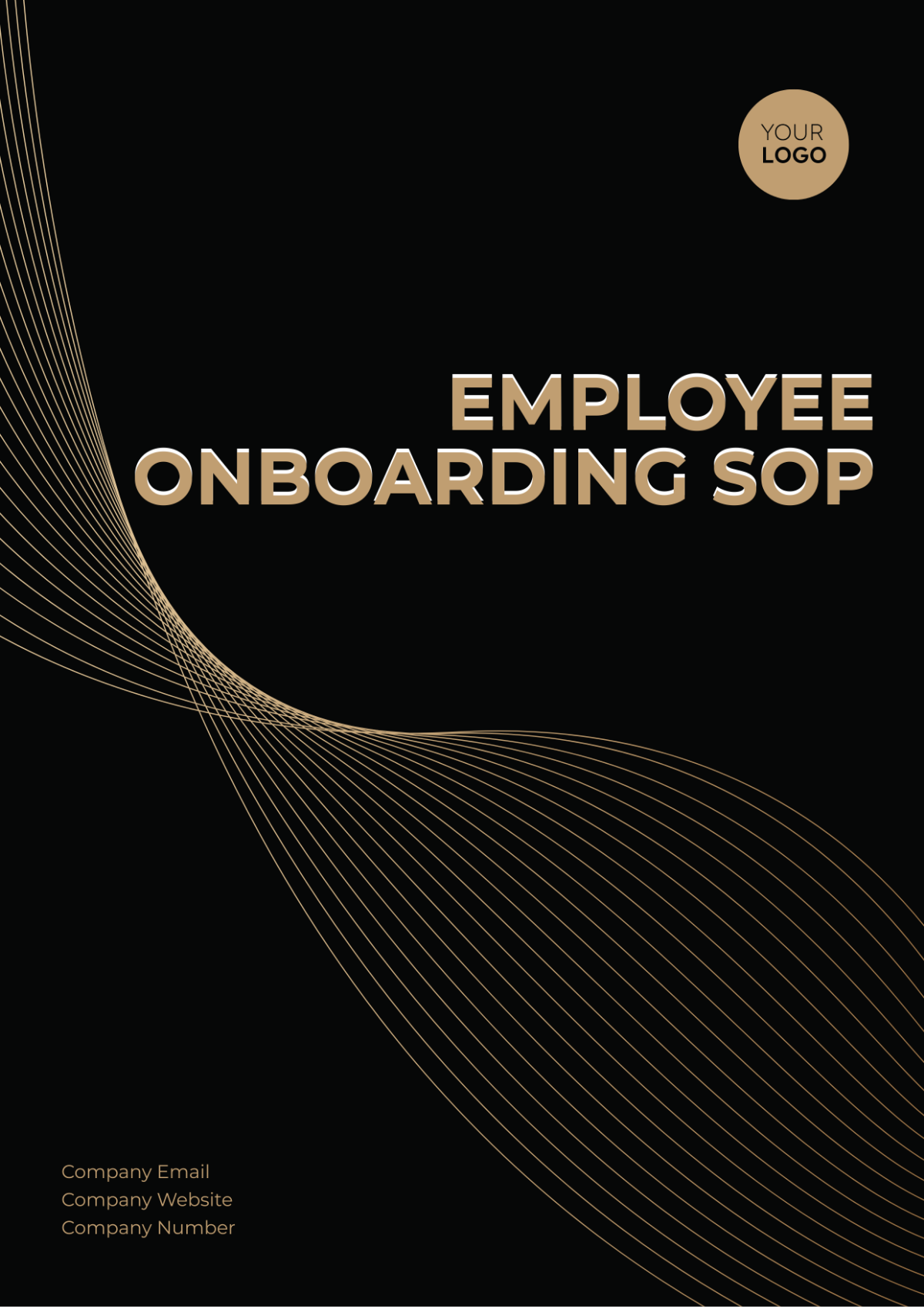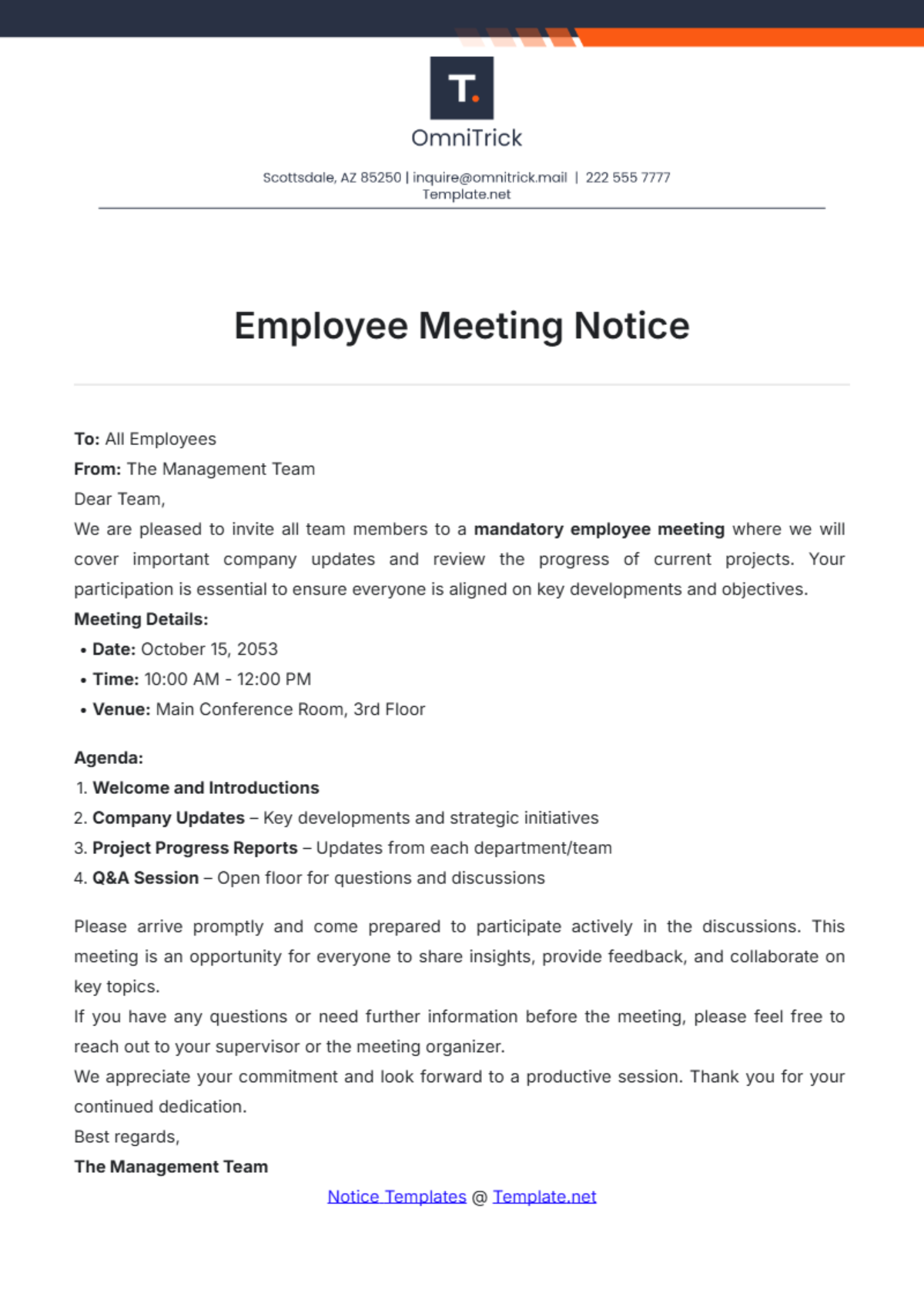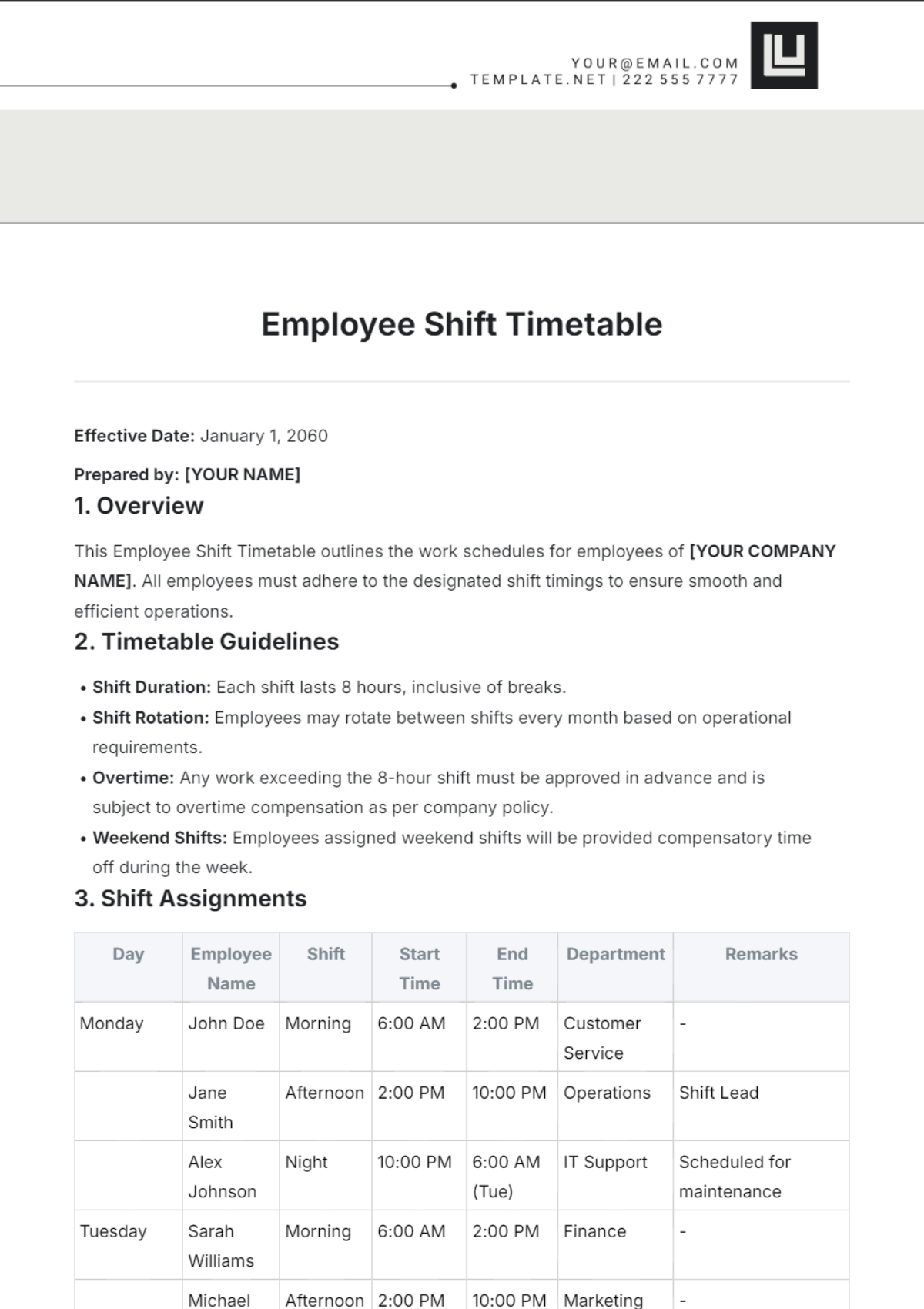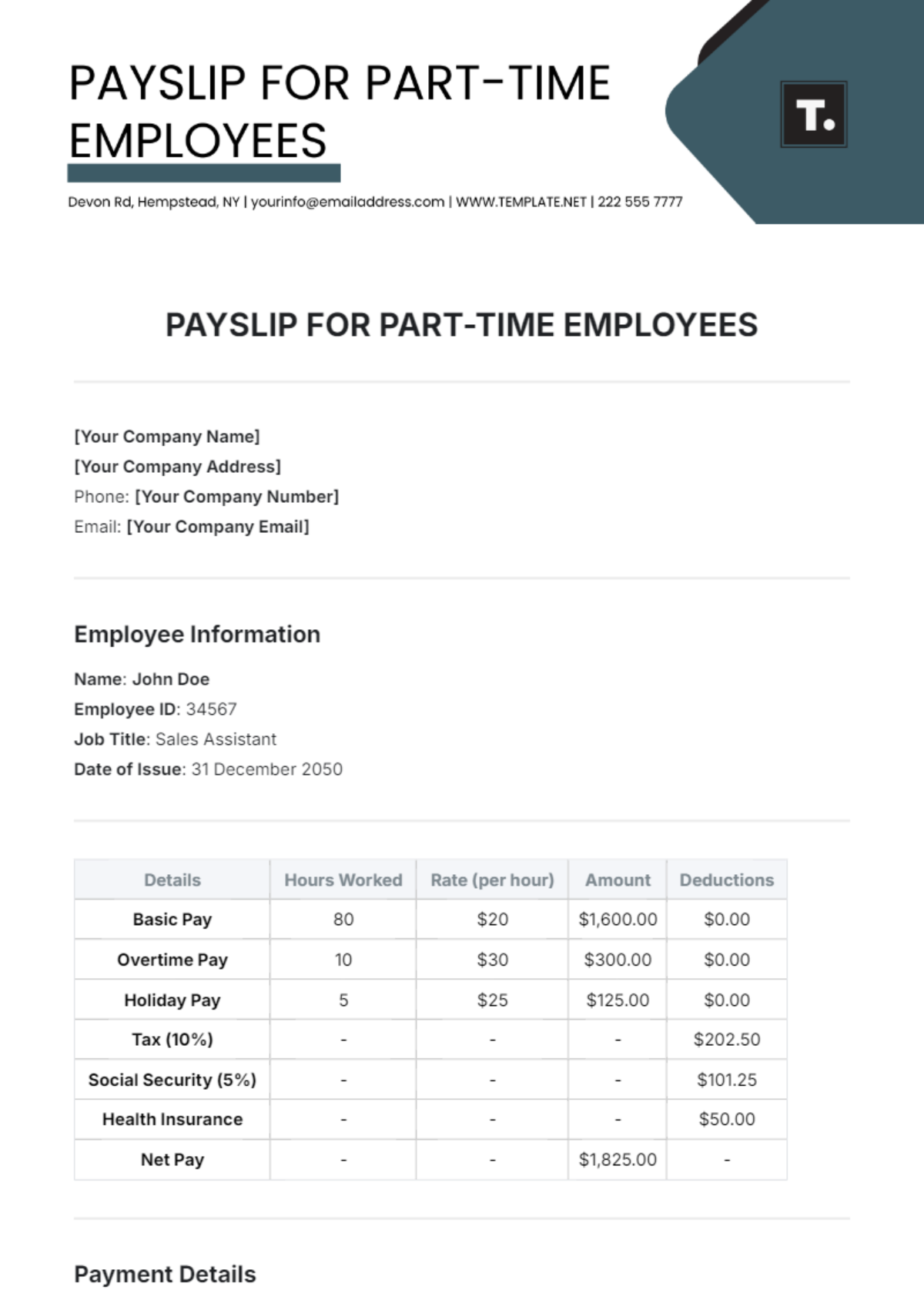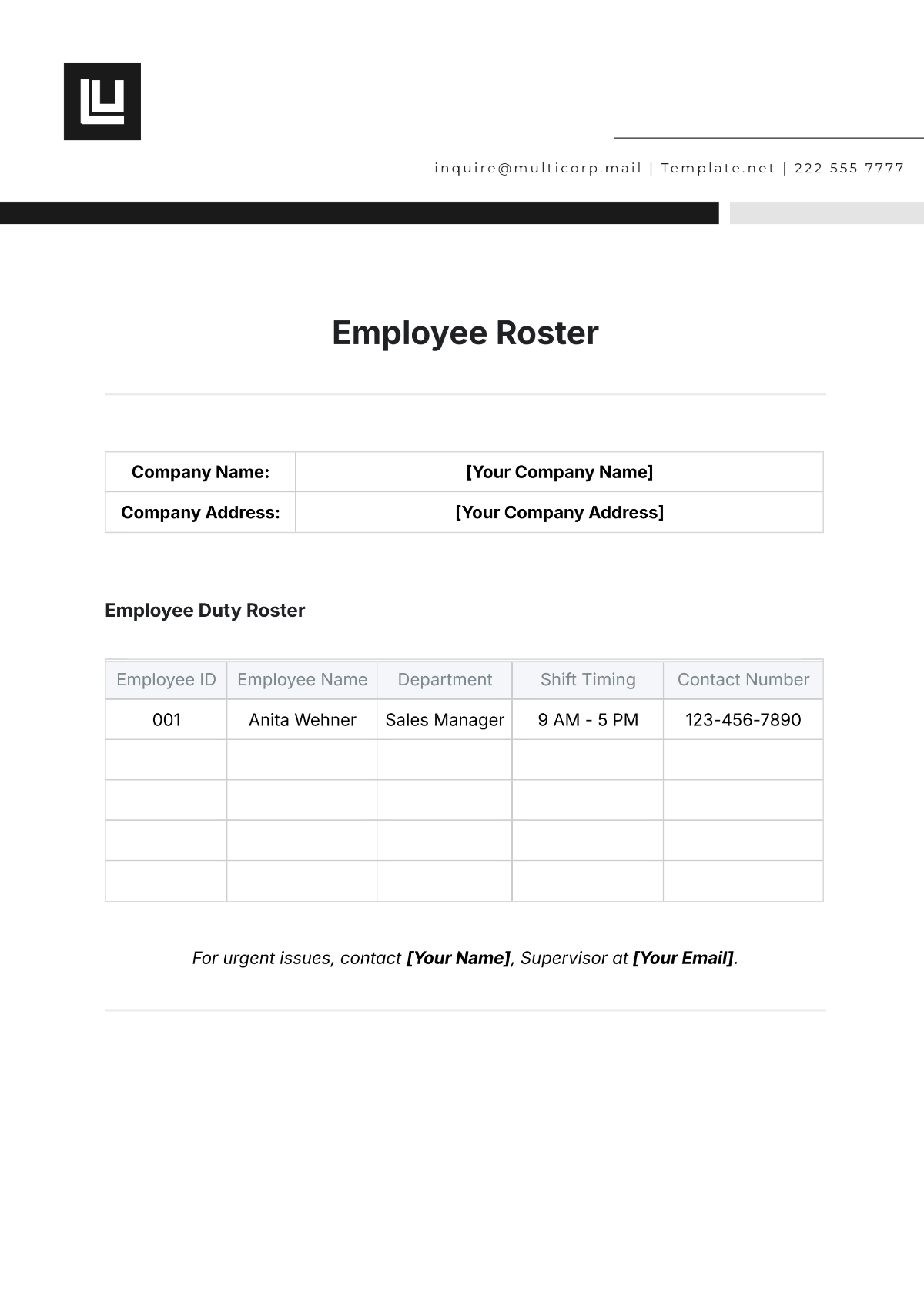In-depth Study of Recognition Impact on Employee Morale HR
Introduction
At our organization, we recognize the vital role that employee morale plays in driving organizational success and fostering a positive workplace culture. As part of our commitment to understanding and enhancing employee morale, we conducted an in-depth study to examine the impact of recognition initiatives on employee morale within our organization. This study seeks to shed light on the relationship between recognition and morale, providing insights and recommendations for optimizing our recognition efforts to boost employee well-being and engagement.
Literature Review
Recognition in the workplace has long been acknowledged as a powerful tool for fostering employee morale and motivation. Numerous studies have highlighted the positive effects of recognition on various aspects of employee well-being and organizational performance. For example, research by Smith and Brown (20XX) found that employees who received regular recognition reported higher levels of job satisfaction, engagement, and commitment to their organizations.
Furthermore, the psychological theory of reinforcement posits that behaviors that are rewarded are more likely to be repeated, suggesting that recognition can serve as a catalyst for reinforcing desired behaviors and outcomes within the workplace (Skinner, 19XX). This aligns with the findings of studies such as those by Johnson et al. (20XX), which demonstrated a positive correlation between recognition and employee performance.
Moreover, recognition has been shown to have a significant impact on organizational culture, with organizations that prioritize recognition fostering a culture of appreciation, trust, and collaboration (O'Reilly et al., 20XX). This is particularly important in today's dynamic and fast-paced work environments, where employee morale and engagement are critical drivers of organizational success.
Despite the wealth of research supporting the benefits of recognition, there remains a need for further investigation into its specific impact on employee morale, particularly within the context of our organization. By conducting this study, we aim to contribute to the existing body of knowledge on recognition and morale and gain actionable insights for enhancing our recognition initiatives to better support employee well-being and performance.
Methodology
Our study employed a mixed-methods approach to examine the impact of recognition on employee morale within our organization. The methodology was designed to gather both quantitative and qualitative data, providing a comprehensive understanding of the relationship between recognition initiatives and employee morale.
Quantitative Data Collection
We conducted a survey distributed to all employees across various departments and levels within the organization. The survey consisted of questions aimed at assessing employee perceptions of recognition initiatives and their impact on morale. It utilized a Likert scale to measure responses, allowing for quantitative analysis of employee attitudes and perceptions. We received [figure]% response rate, with [hypothetical figure] employees participating in the survey.
Qualitative Data Collection
In addition to the survey, we conducted semi-structured interviews with a subset of employees and managers to gain deeper insights into their experiences with recognition and its influence on morale. The interviews were conducted in-person or virtually and focused on exploring specific examples of recognition initiatives, as well as employees' perceptions of their effectiveness in boosting morale.
Data Analysis
Quantitative data from the survey responses were analyzed using statistical software to identify patterns, trends, and correlations between recognition and morale. Meanwhile, qualitative data from the interviews were transcribed and analyzed thematically to identify recurring themes and narratives related to recognition and morale.
The integration of both quantitative and qualitative data allowed for a triangulated analysis, providing a more comprehensive understanding of the impact of recognition on employee morale.
Factors Influencing Employee Morale
Employee morale is influenced by various factors within the workplace, including organizational culture, leadership behavior, workload, and work-life balance. The following table outlines key factors influencing employee morale and how they affect employees within our organization:
Factor | Description | Impact on Employee Morale |
Organizational Culture | The values, norms, and beliefs that shape the organizational environment. | Positive culture fosters morale and engagement. |
Leadership Behavior | Leadership style, communication, and support from managers. | Supportive leadership enhances morale and motivation. |
Workload | The amount and complexity of tasks assigned to employees. | High workload can lead to stress and decreased morale. |
Work-Life Balance | The balance between work responsibilities and personal life. | Poor work-life balance can negatively impact morale. |
Findings
Our study yielded valuable insights into the impact of recognition initiatives on employee morale within our organization. Through the analysis of survey responses and interview data, we identified several key findings that shed light on the relationship between recognition and morale.
Table 1: Employee Perception of Recognition Effectiveness
Recognition Initiative | Positive Responses (%) |
Employee of the Month | 82 |
Peer-to-Peer Recognition | 76 |
Long-Service Awards | 64 |
Quarterly Recognition Events | 88 |
The majority of employees perceive recognition initiatives such as Employee of the Month (82%) and Quarterly Recognition Events (88%) as effective in boosting morale. This suggests that formalized recognition programs and events are valued by employees and have a positive impact on their morale.
Peer-to-Peer Recognition also received positive feedback from a significant percentage of employees (76%), indicating the importance of peer acknowledgment in fostering morale and camaraderie within teams.
While Long-Service Awards received relatively lower perception scores (64%), they still play a role in recognizing employees' dedication and loyalty to the organization.
Table 2: Factors Influencing Employee Morale
Factor | Employees Affected (%) | Impact on Morale |
Organizational Culture | 92 | Positive culture enhances morale and engagement. |
Leadership Behavior | 85 | Supportive leadership boosts morale and motivation. |
Workload | 78 | High workload can lead to stress and decreased morale. |
Work-Life Balance | 70 | Poor work-life balance negatively impacts morale. |
Organizational culture emerged as the most influential factor affecting employee morale, with 92% of employees citing its impact. A positive culture characterized by trust, transparency, and collaboration fosters morale and engagement among employees.
Leadership behavior also significantly influences morale, with 85% of employees acknowledging its impact. Supportive leadership that communicates effectively, provides feedback, and recognizes employee contributions enhances morale and motivation.
Workload was identified as a key factor affecting morale, with 78% of employees reporting its impact. High workload can lead to stress and burnout, negatively impacting morale and productivity.
Work-life balance was cited by 70% of employees as affecting morale. Poor work-life balance can lead to feelings of exhaustion and disengagement, diminishing morale and overall well-being.
These findings highlight the importance of recognizing and addressing the factors that influence employee morale, as well as the effectiveness of recognition initiatives in bolstering morale within our organization. Moving forward, we can leverage these insights to refine our recognition programs and create a more supportive and engaging work environment for our employees.
Recommendations
Based on the findings of our study, we offer the following recommendations to enhance employee morale through recognition initiatives:
Diversify Recognition Initiatives: Expand our range of recognition initiatives to cater to different preferences and motivations among employees. This could include introducing new programs, such as team-based recognition events or spot bonuses, to complement existing initiatives.
Promote Peer-to-Peer Recognition: Encourage and facilitate peer-to-peer recognition programs to foster a culture of appreciation and camaraderie within teams. Provide training and resources to empower employees to recognize and celebrate their colleagues' achievements.
Address Workload Concerns: Take proactive steps to address workload concerns identified by employees. This may involve revisiting workload distribution practices, providing additional resources or support, and implementing measures to promote work-life balance.
Invest in Leadership Development: Provide leadership training and development opportunities to enhance managers' skills in supporting and recognizing their teams. Equip managers with the tools and resources needed to effectively communicate, provide feedback, and lead by example.
Regularly Evaluate Recognition Programs: Continuously monitor and evaluate the effectiveness of our recognition programs through employee feedback and engagement metrics. Solicit input from employees on their preferences and experiences with recognition, and adjust initiatives accordingly.
Conclusion
In conclusion, our study has highlighted the significant impact of recognition initiatives on employee morale within our organization. By understanding the factors that influence morale and the effectiveness of recognition programs, we are better equipped to design and implement initiatives that support employee well-being and engagement.
Moving forward, it is essential for us to prioritize recognition as a strategic tool for enhancing morale and fostering a positive work environment. By implementing the recommendations outlined above and remaining responsive to the evolving needs and preferences of our workforce, we can create a workplace where employees feel valued, motivated, and empowered to succeed.
Ultimately, our commitment to recognizing and appreciating the contributions of our employees is integral to our organizational culture and success. We look forward to continuing to strengthen our recognition efforts and cultivate a workplace where every employee thrives.
